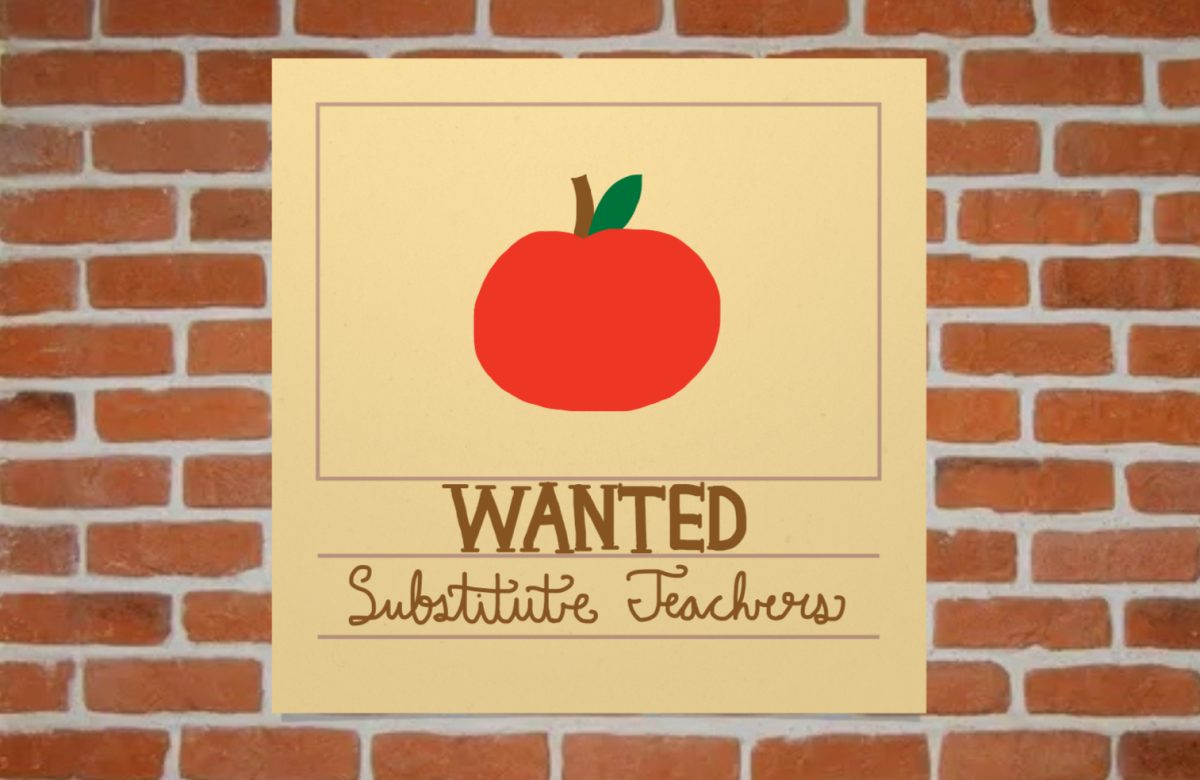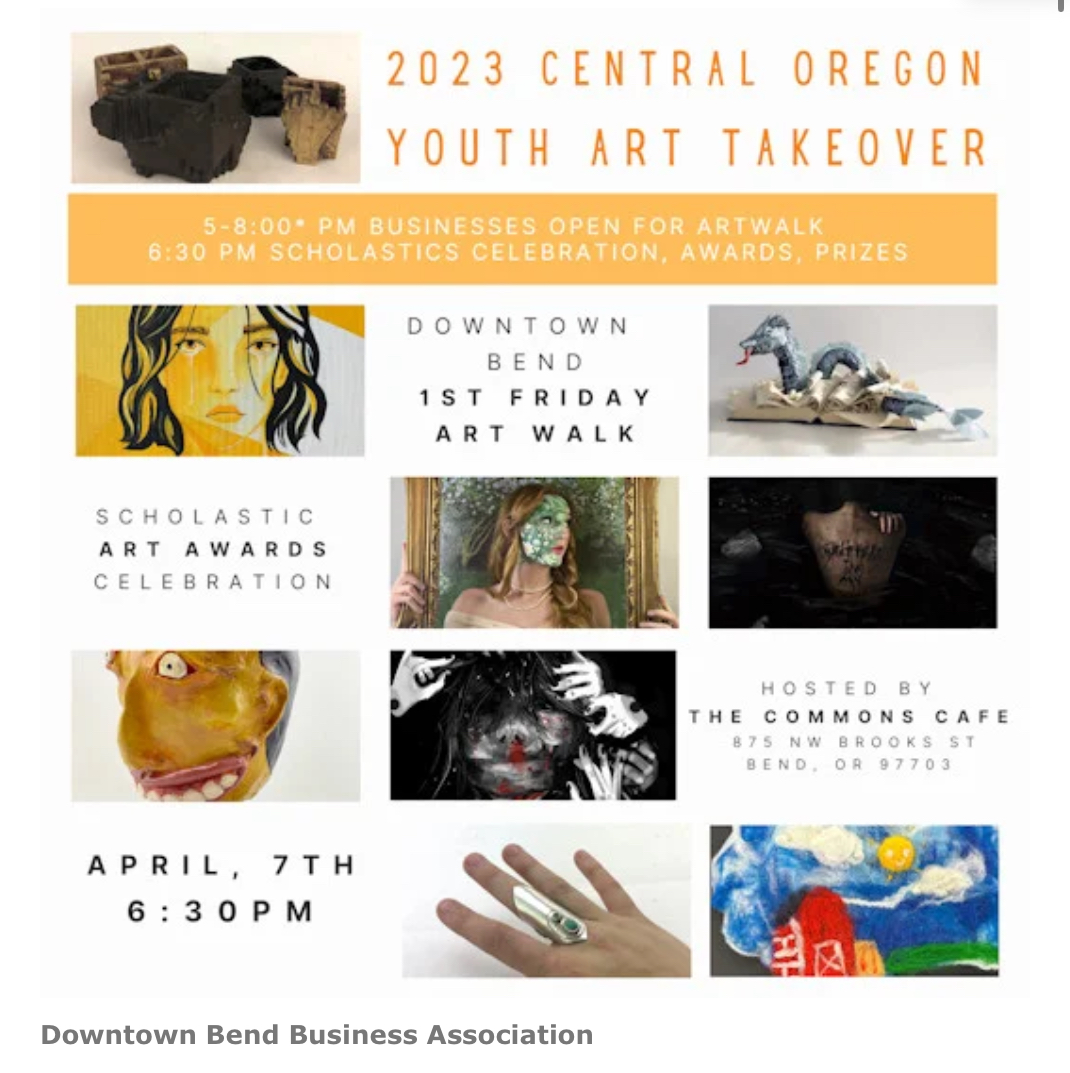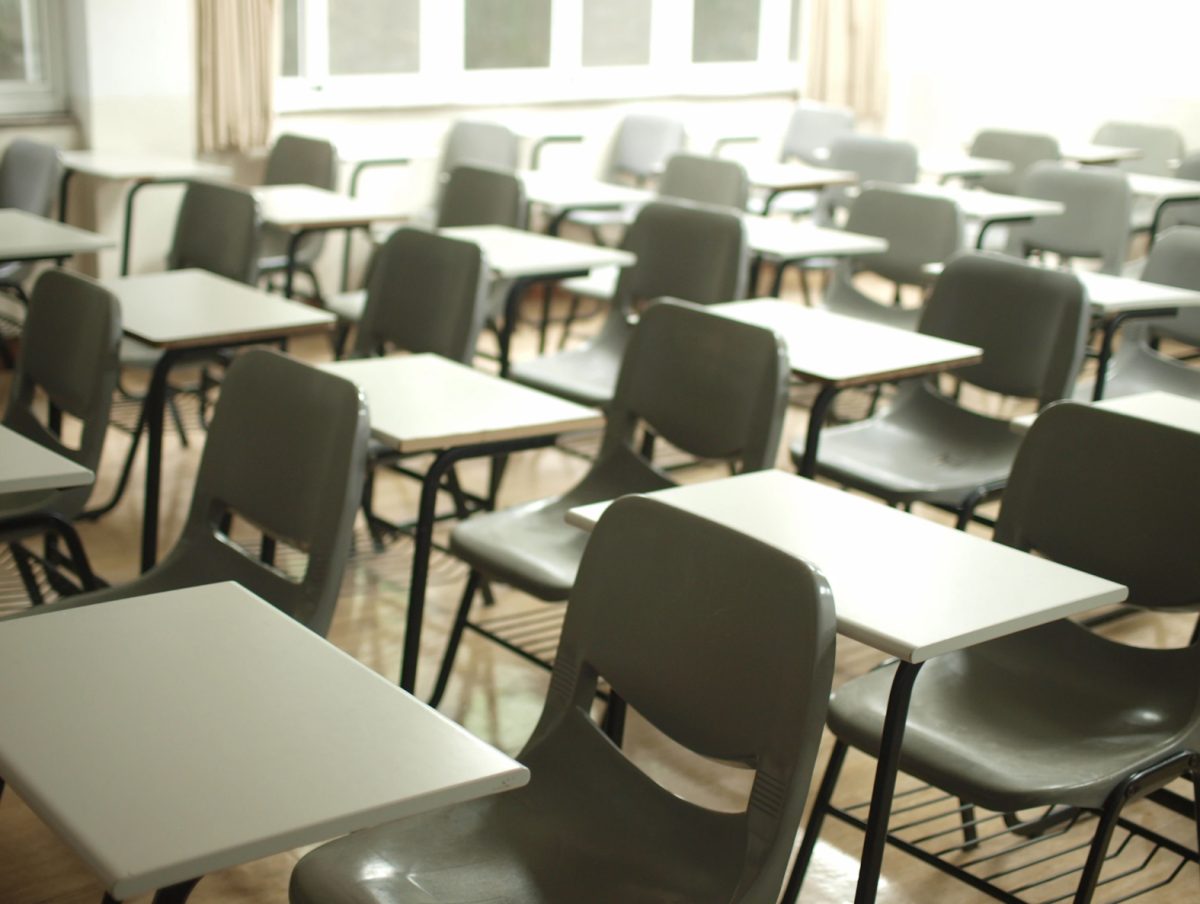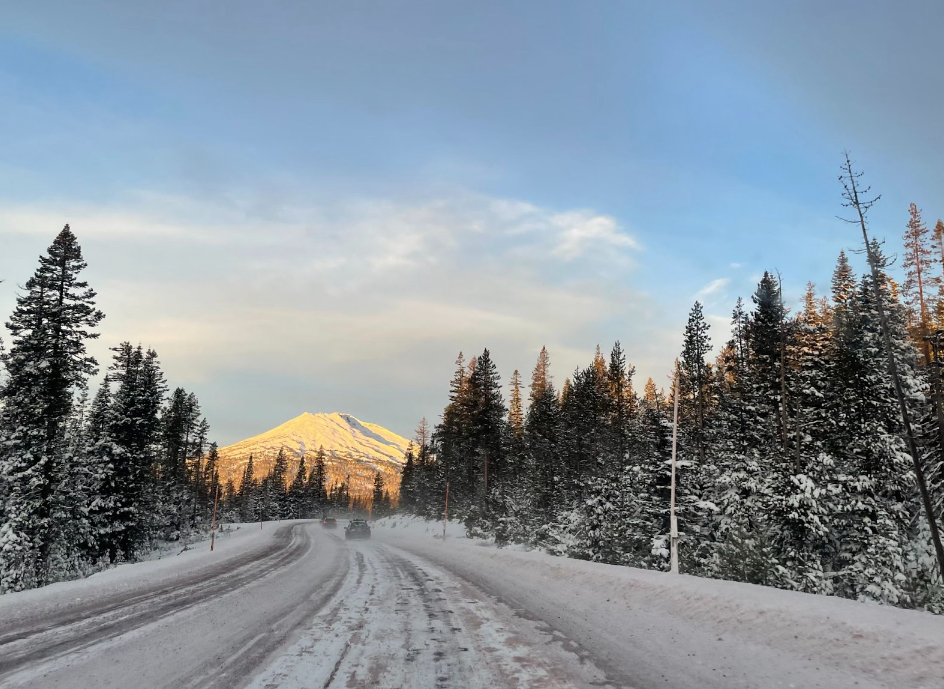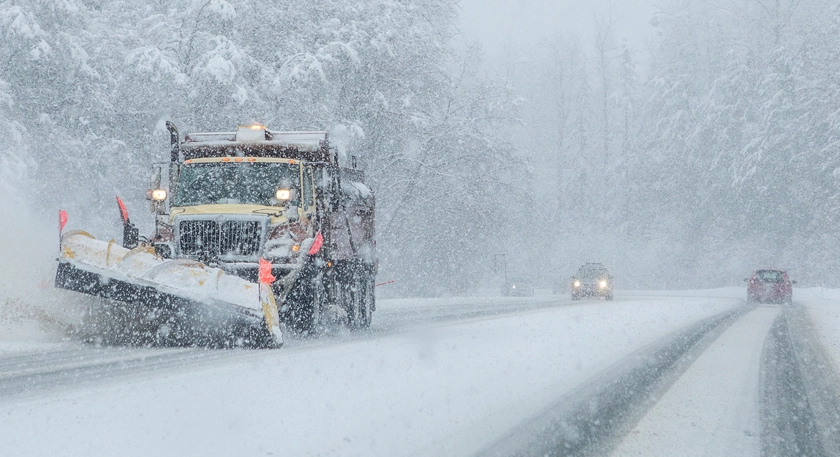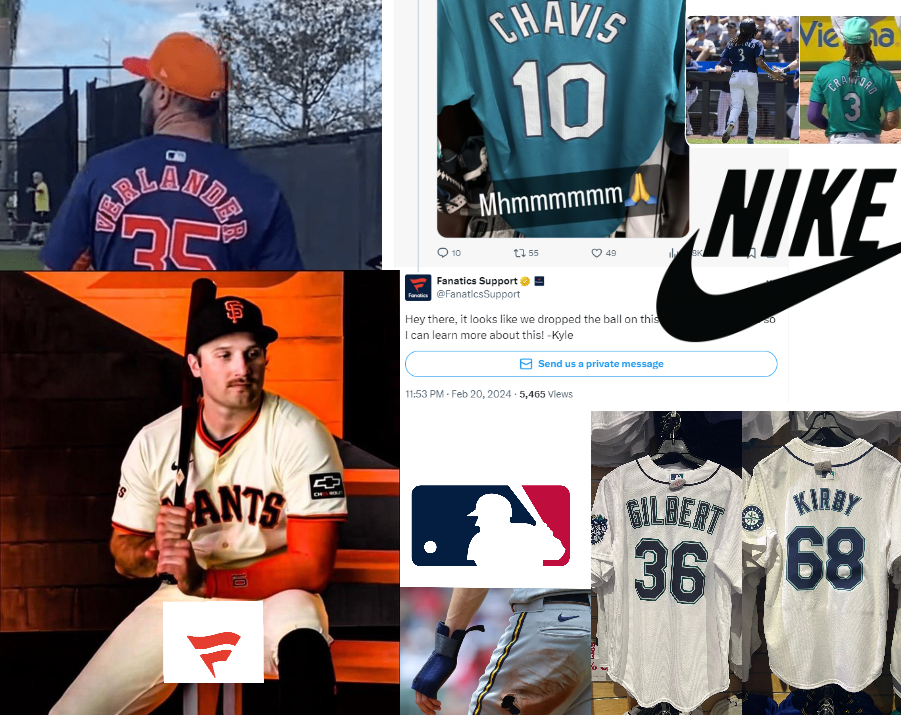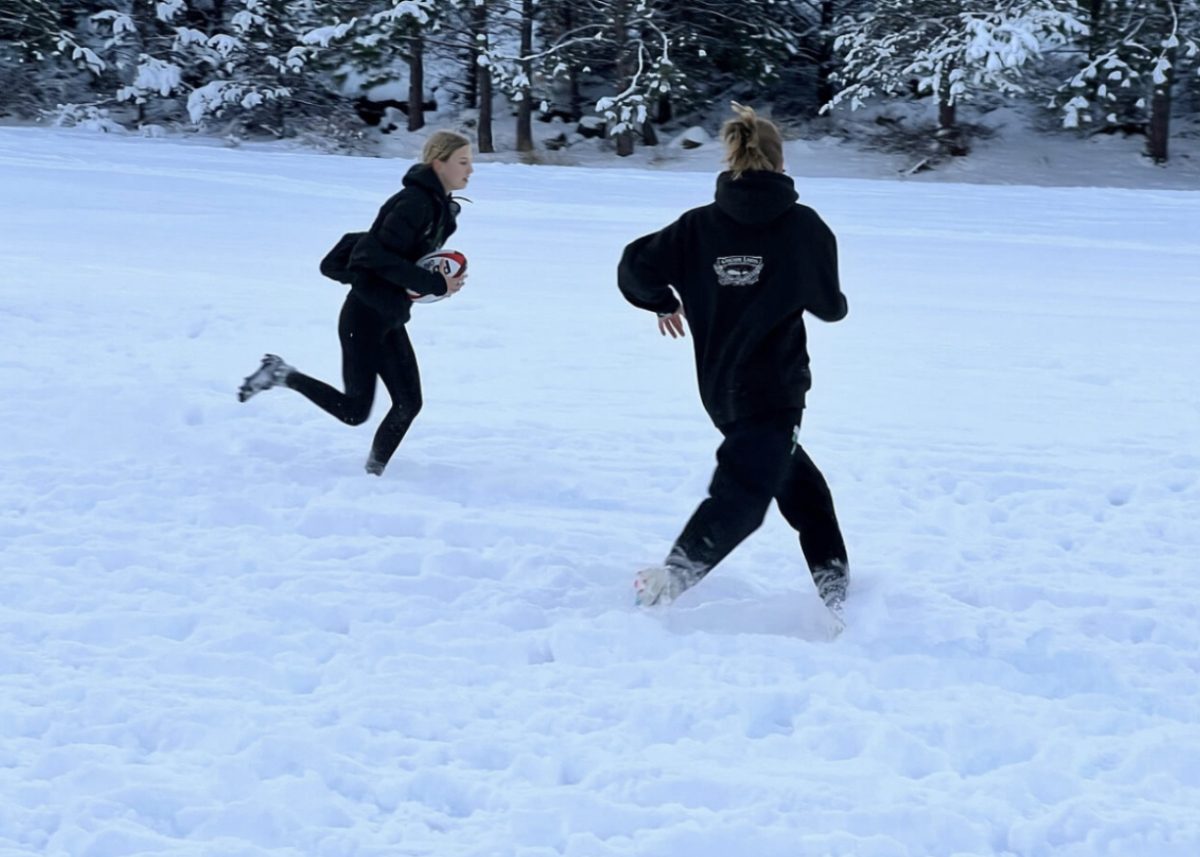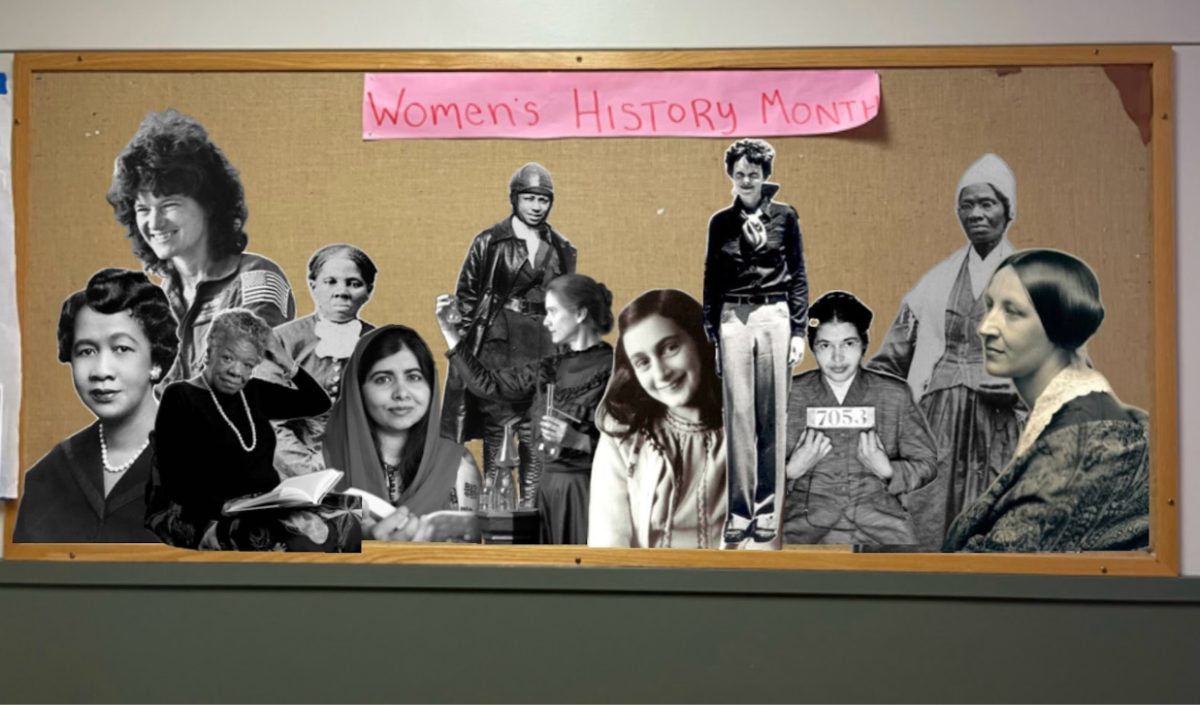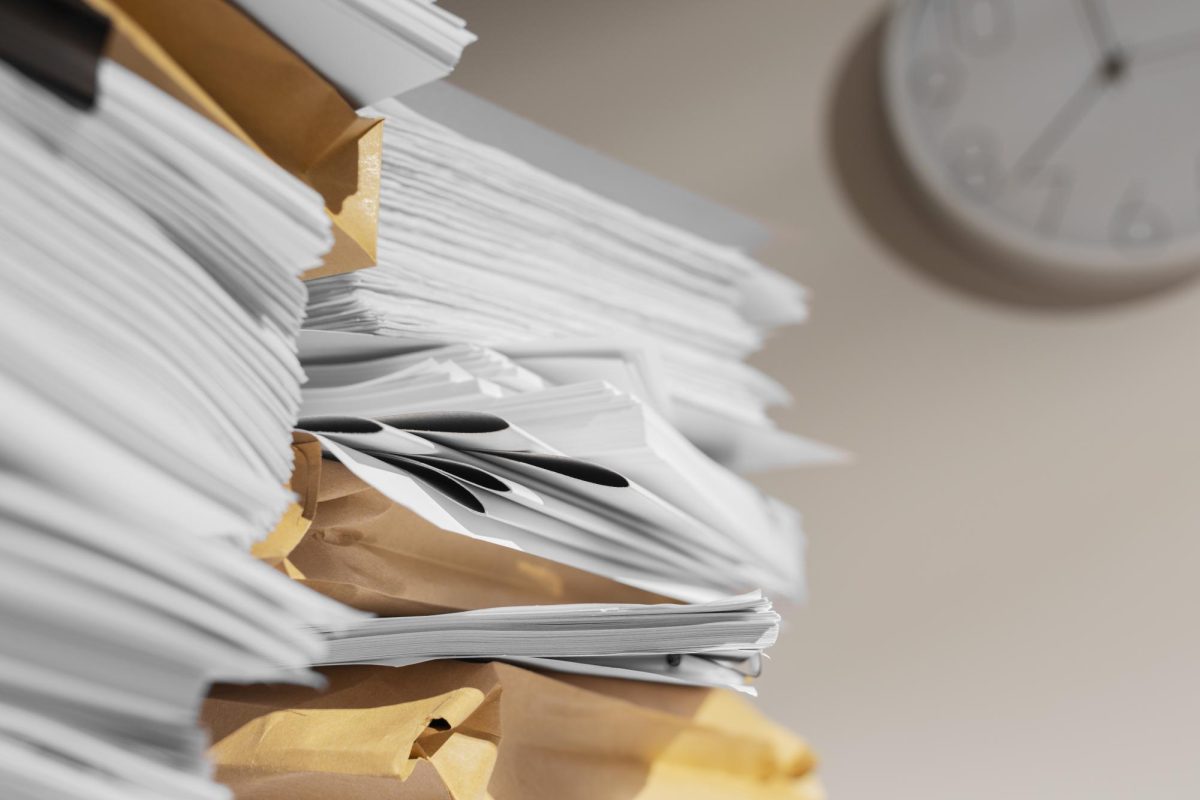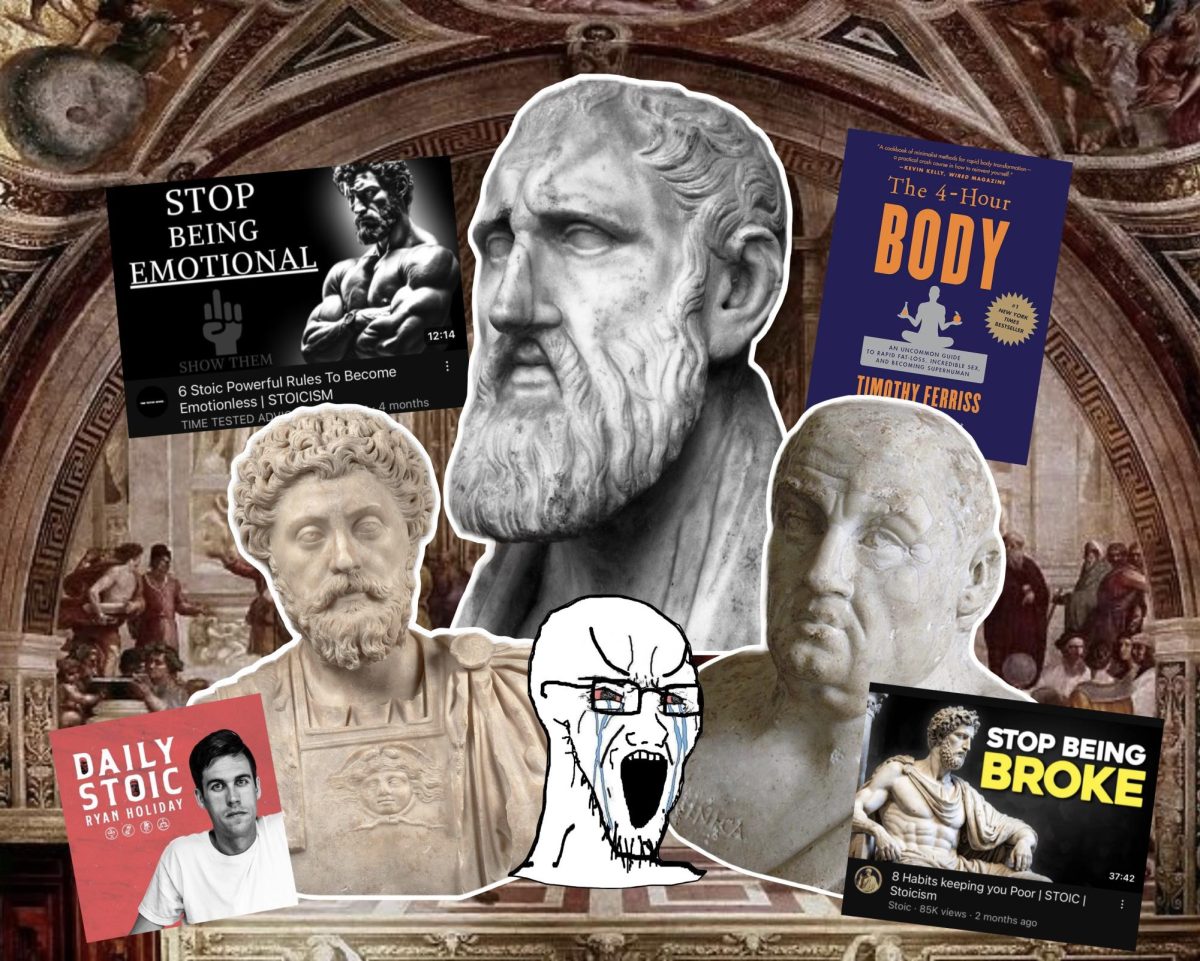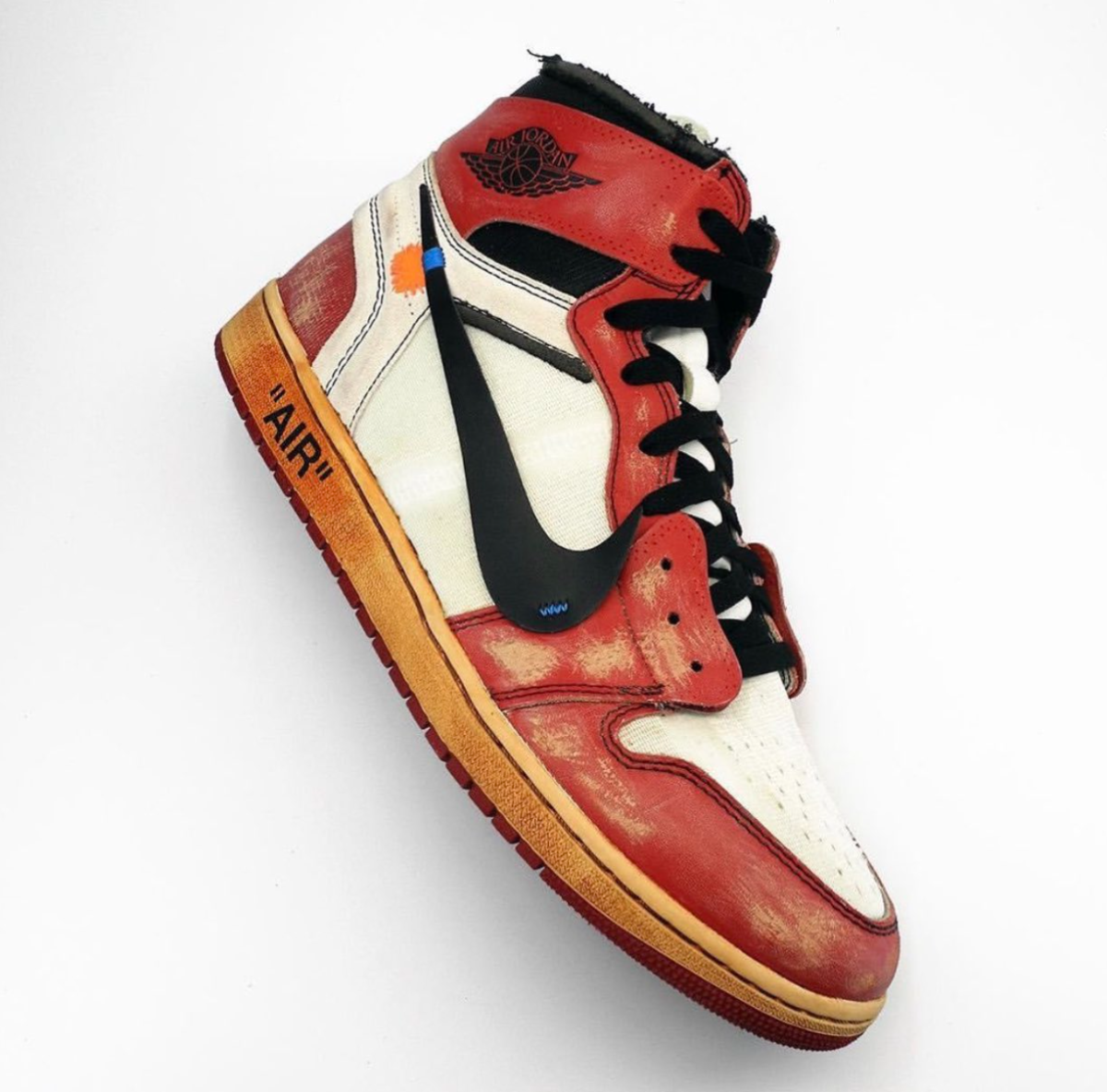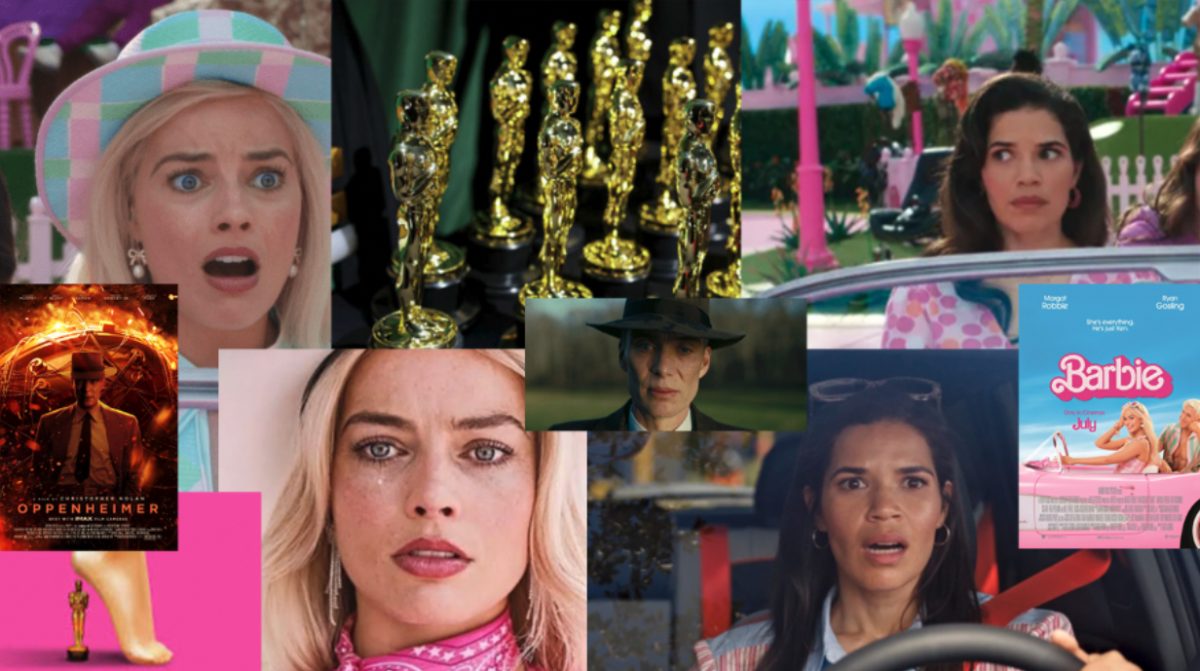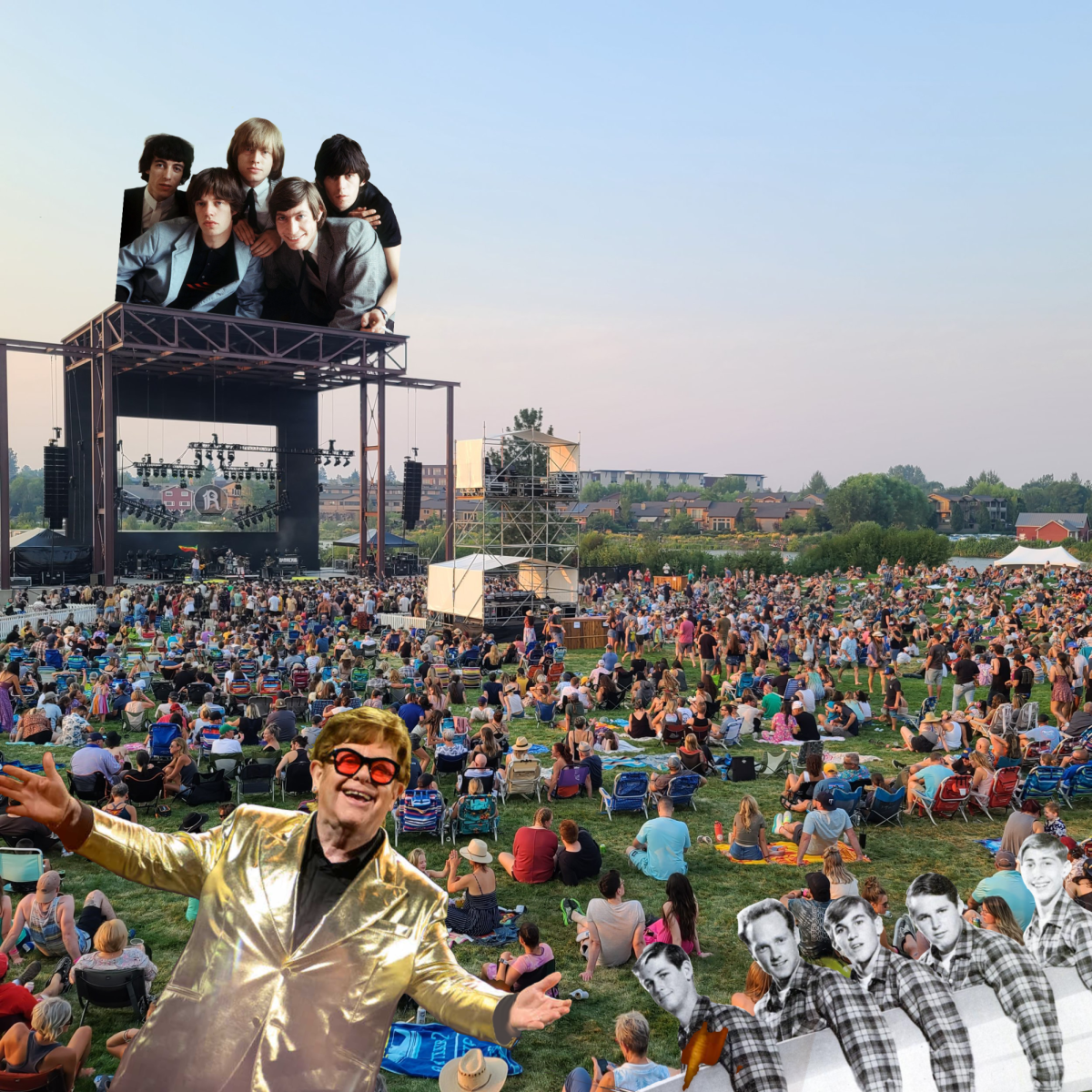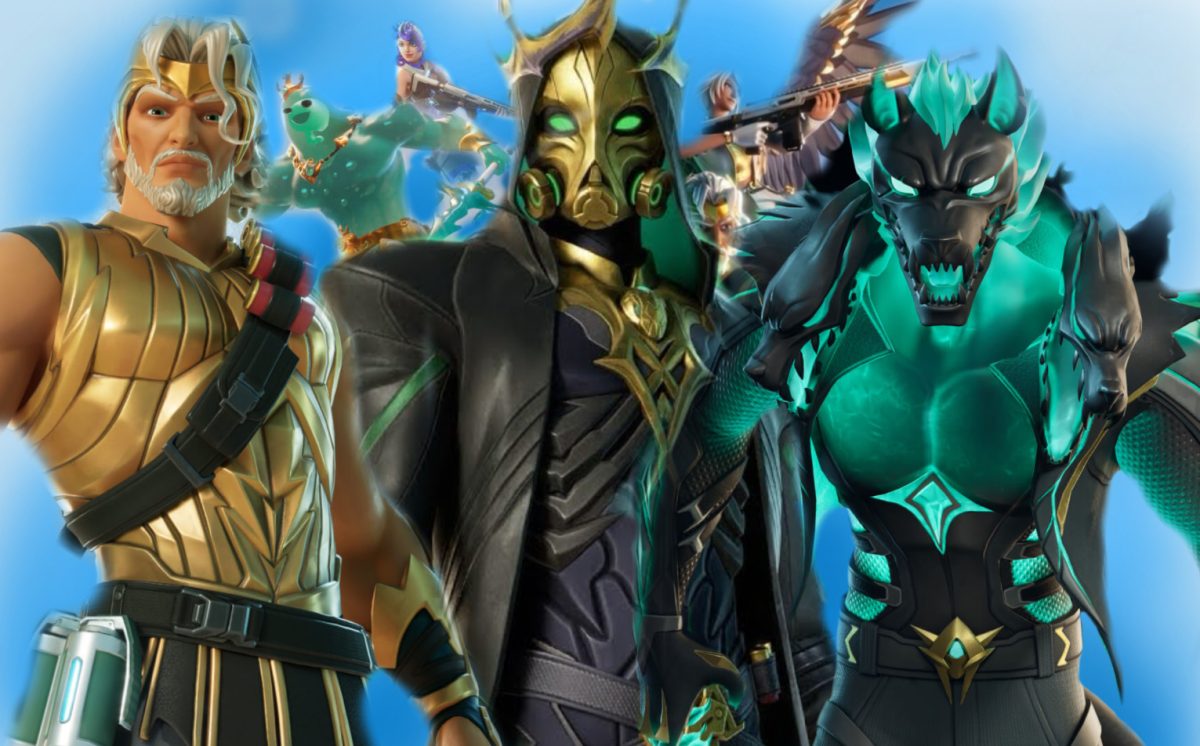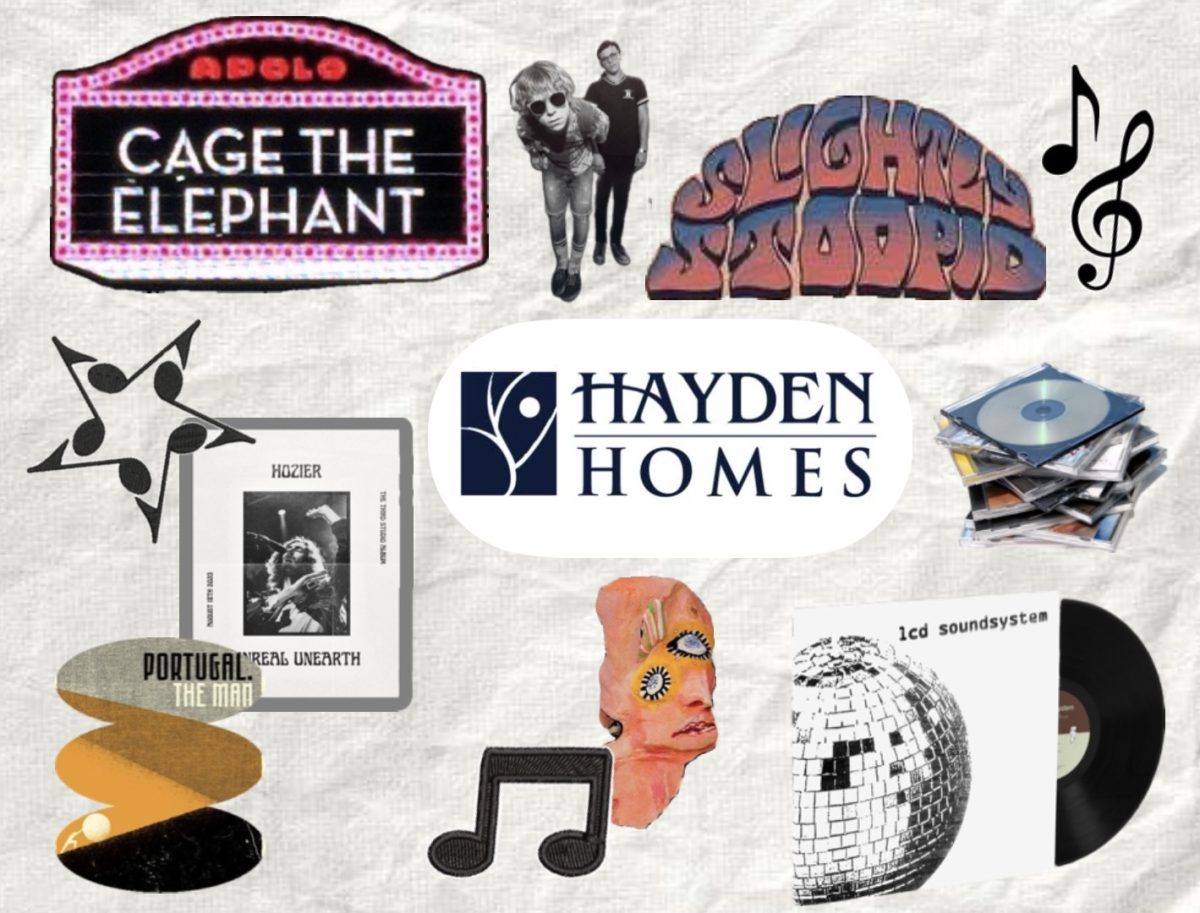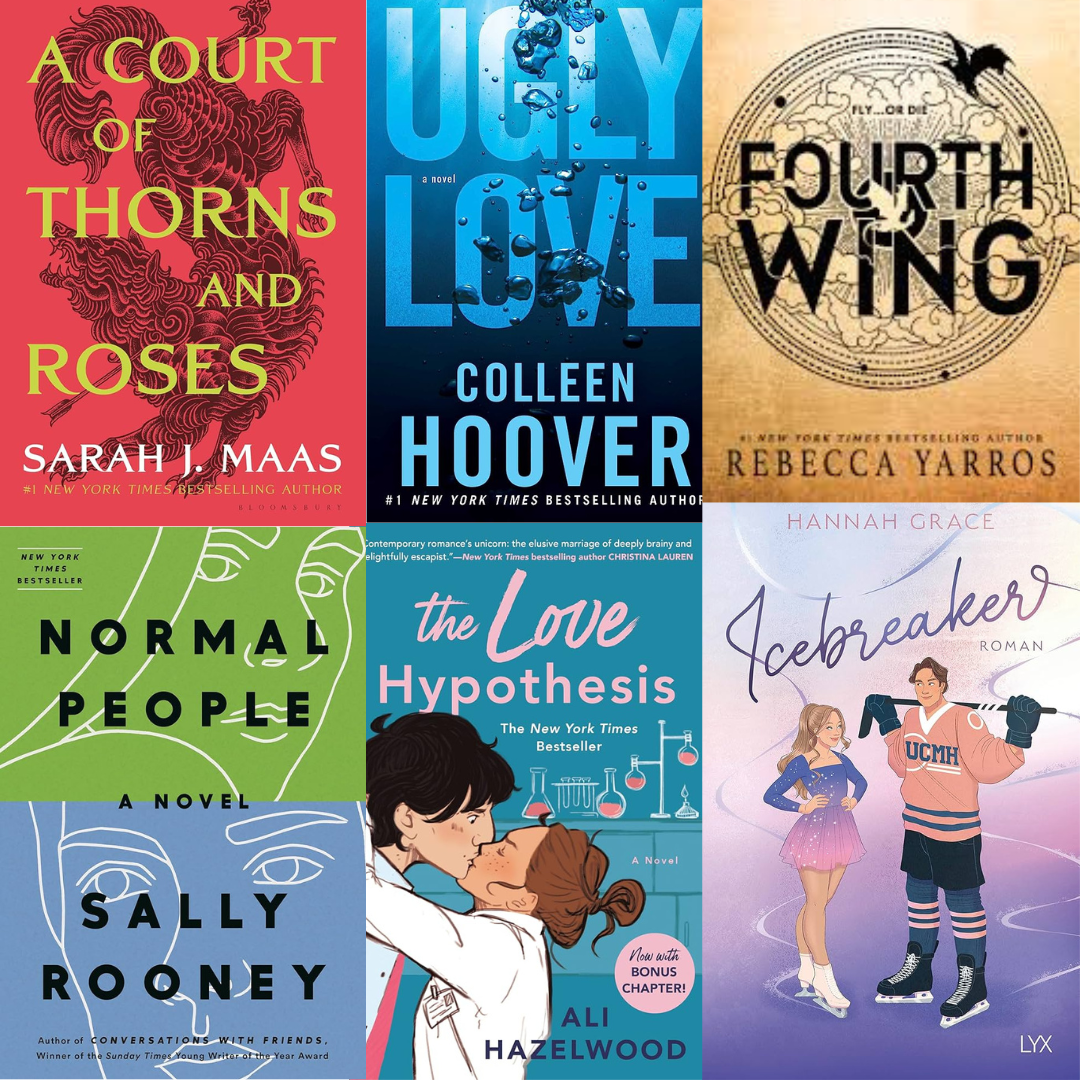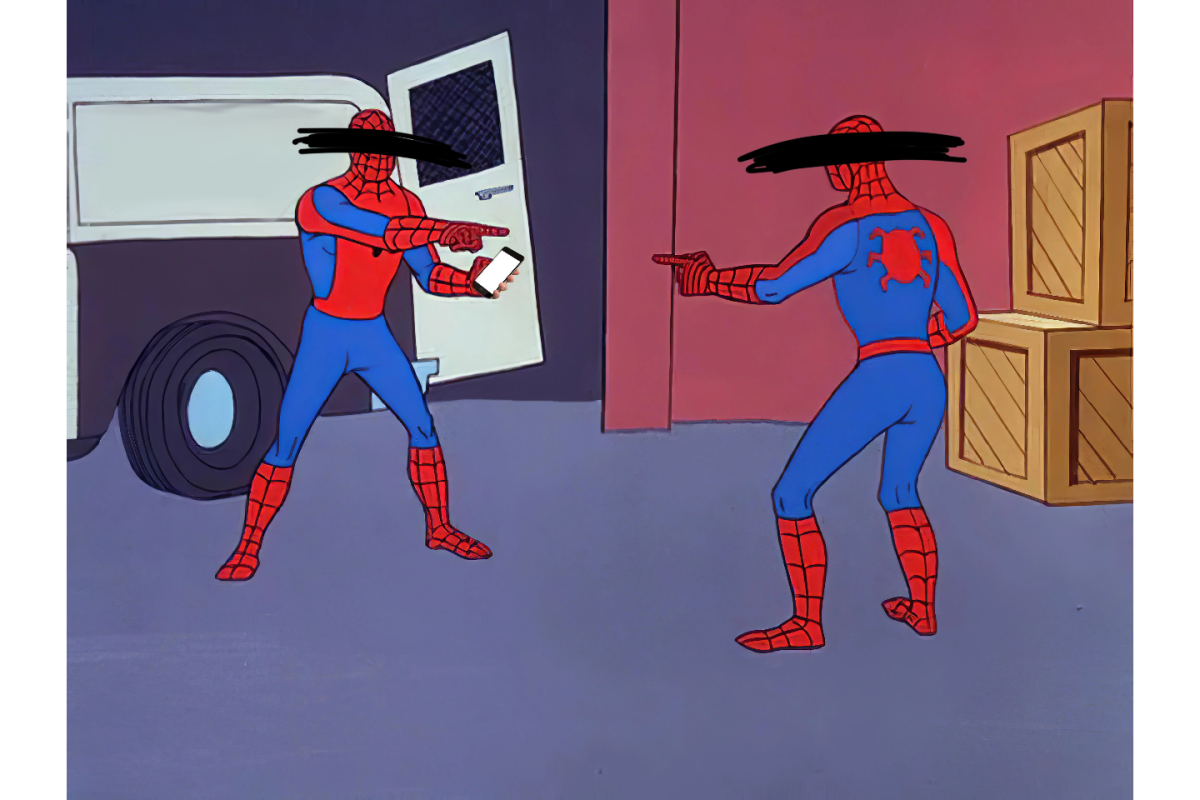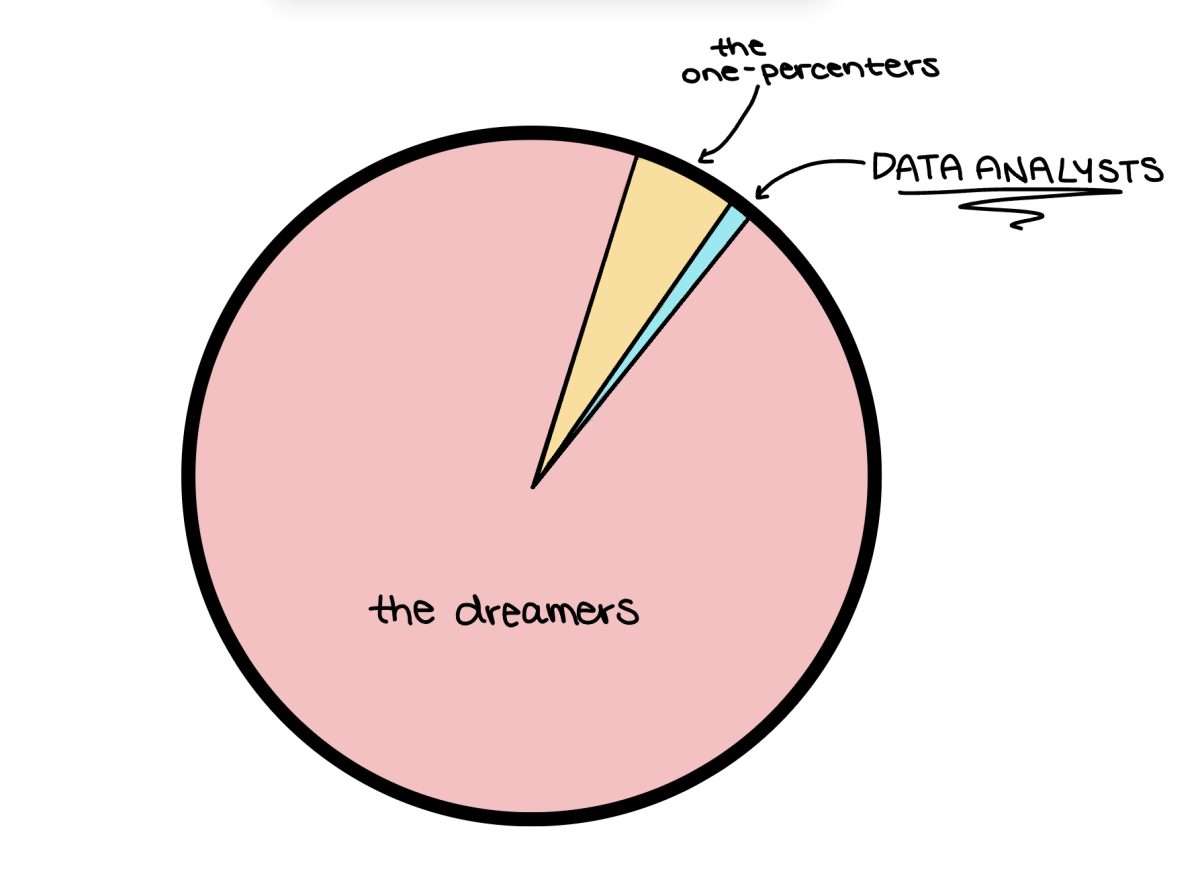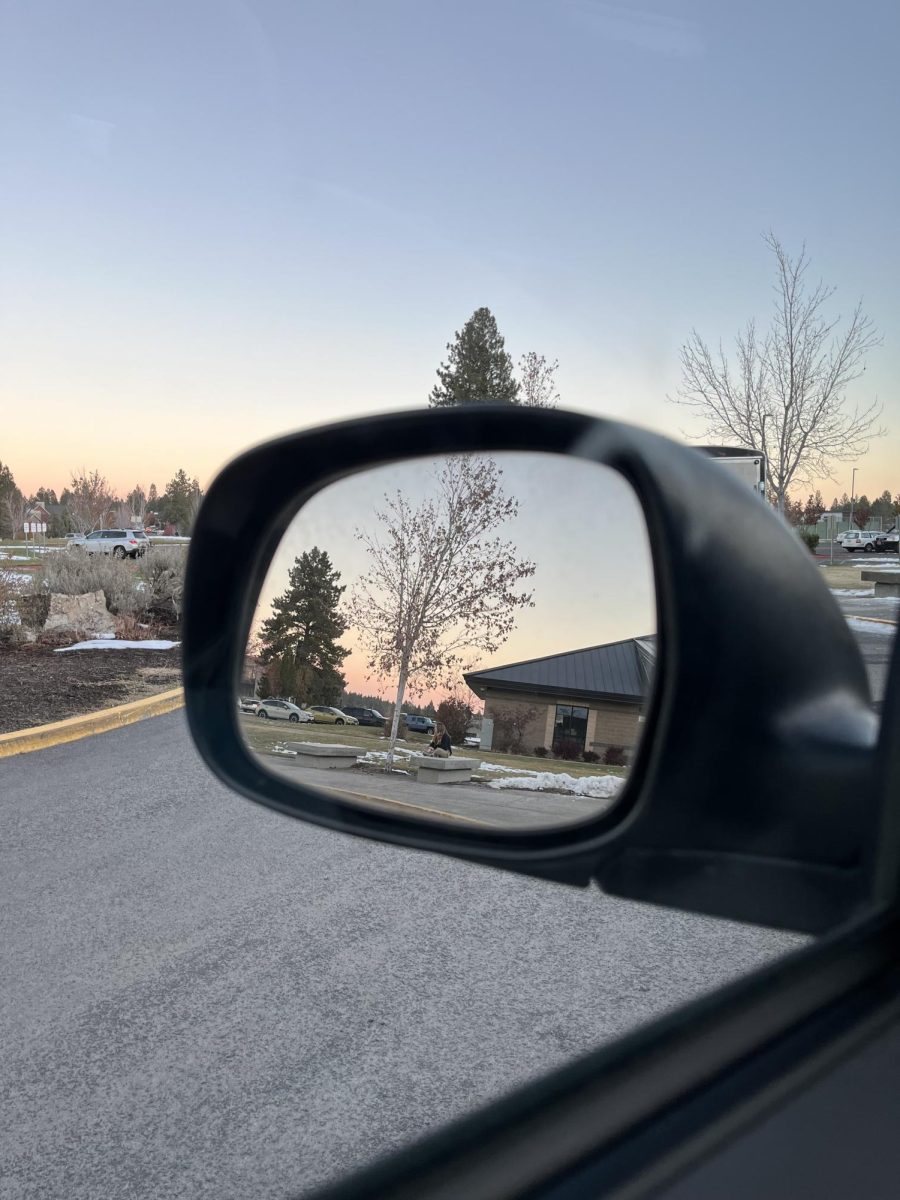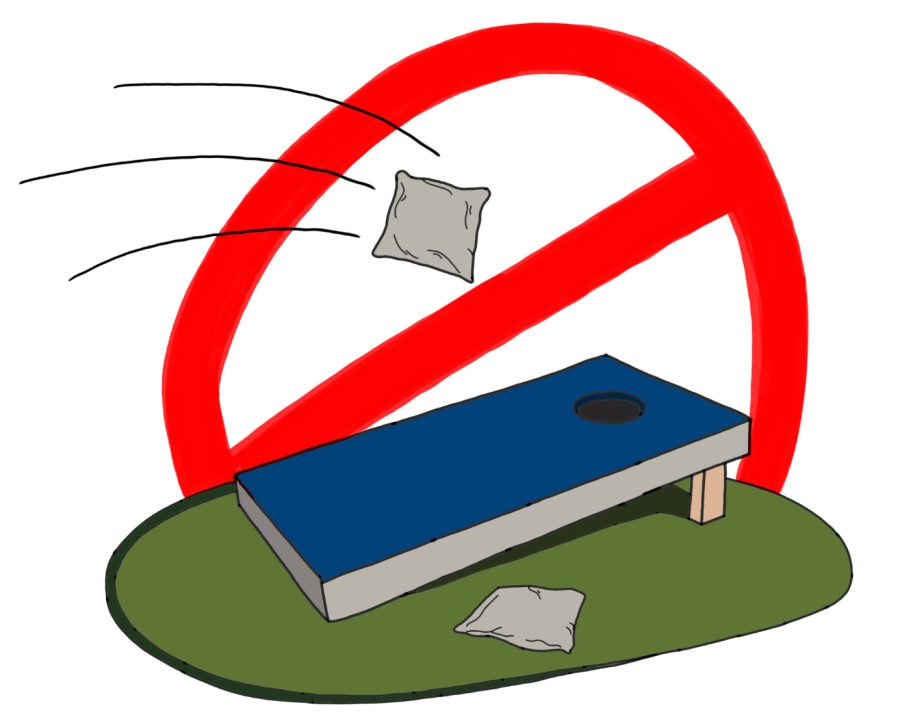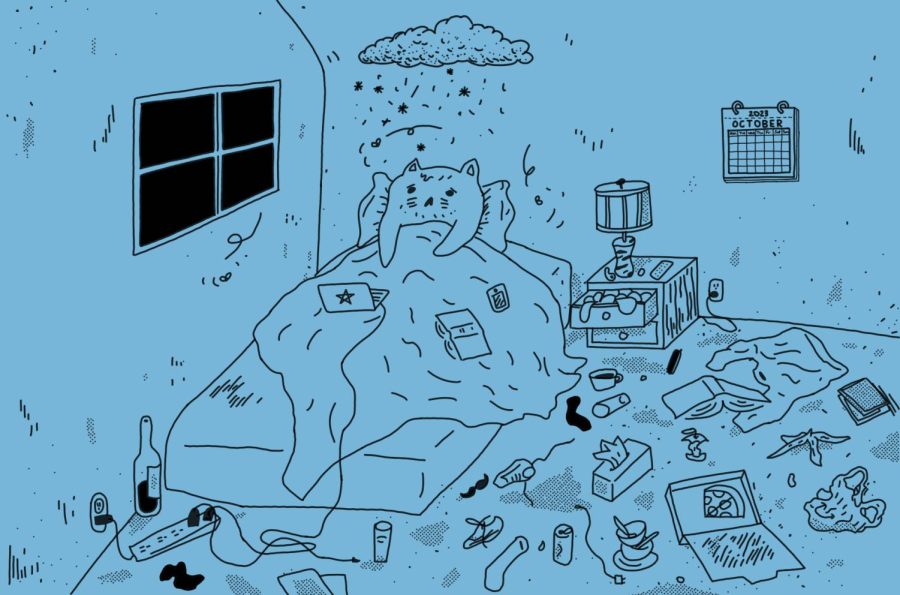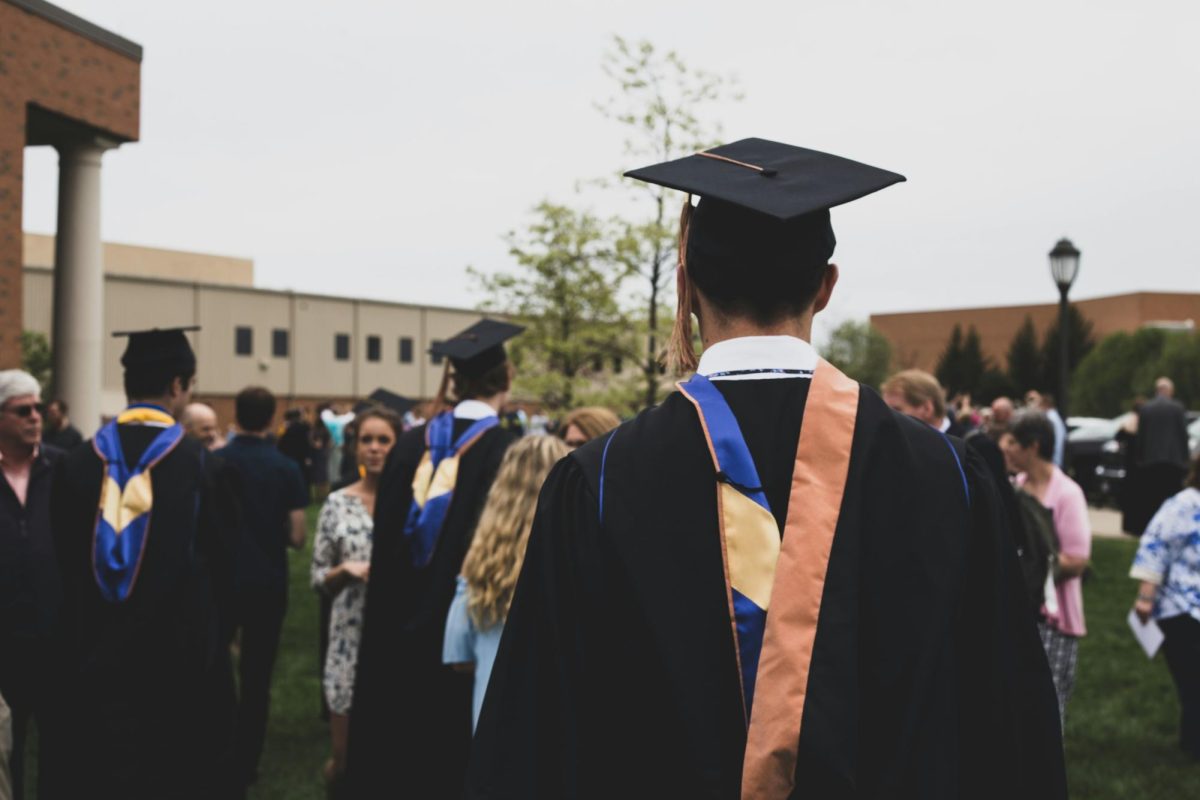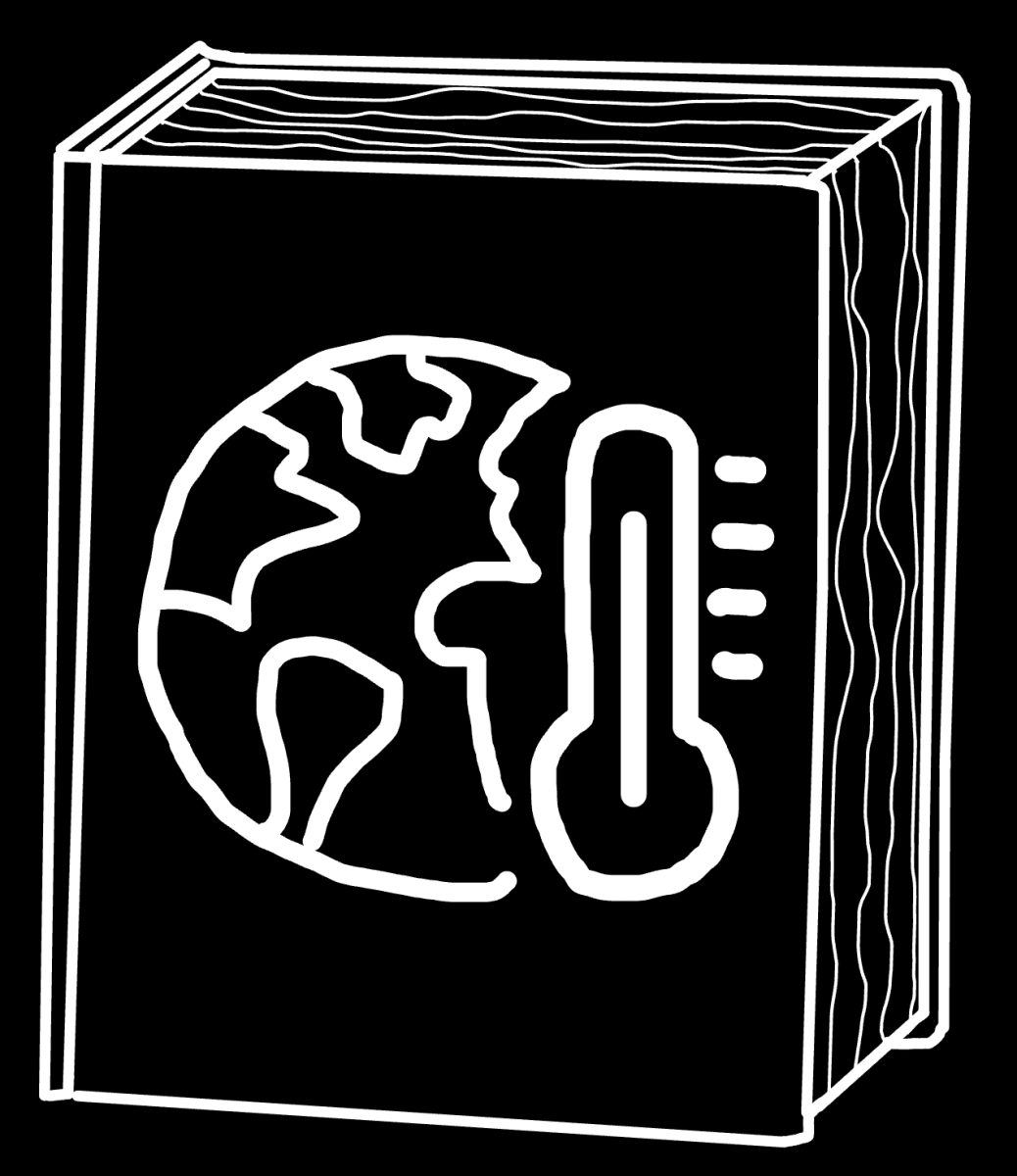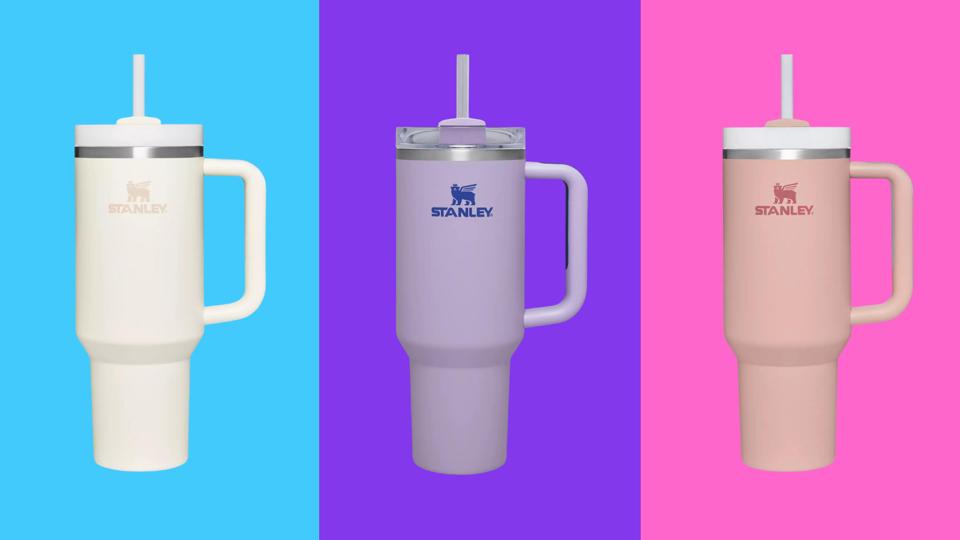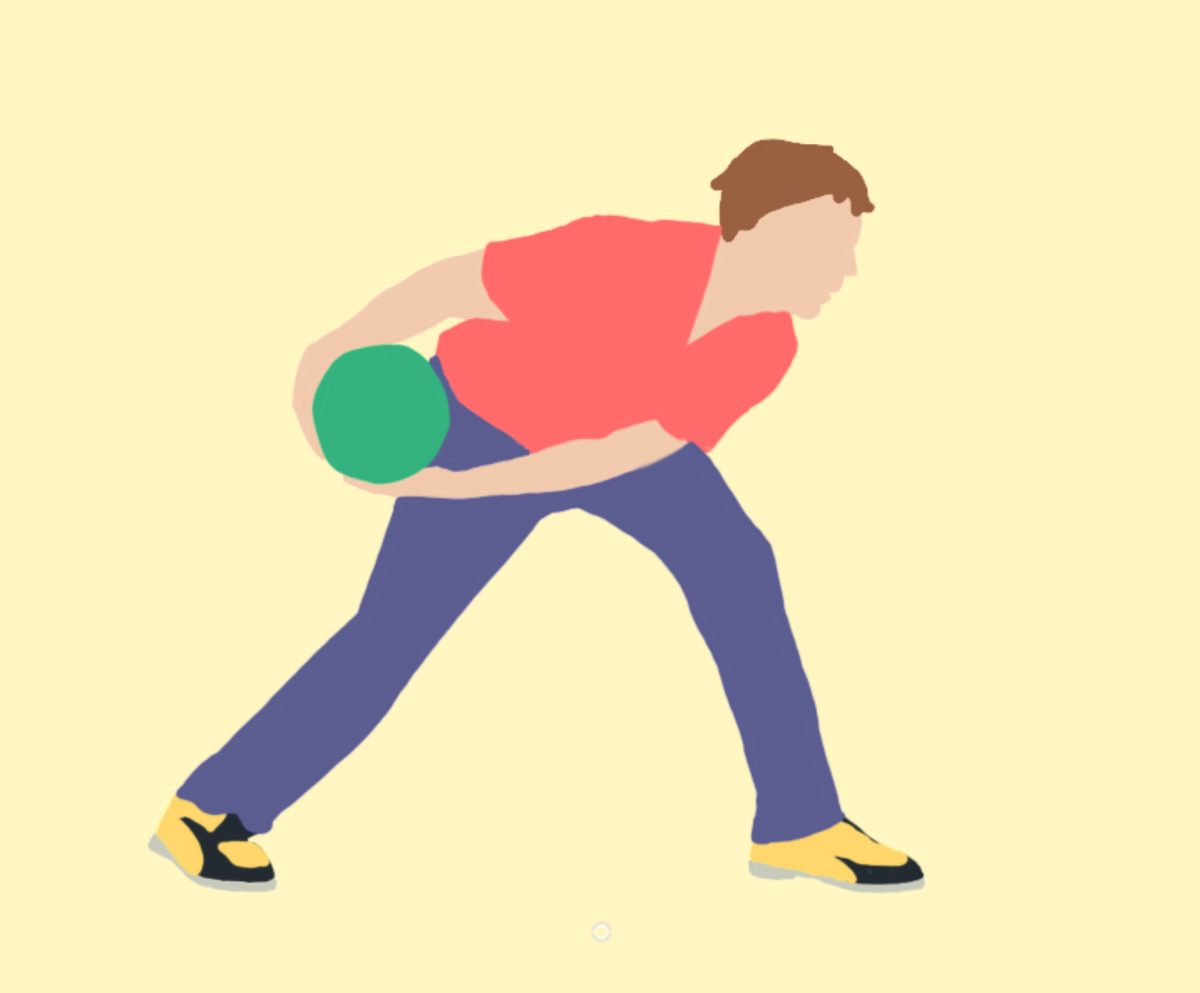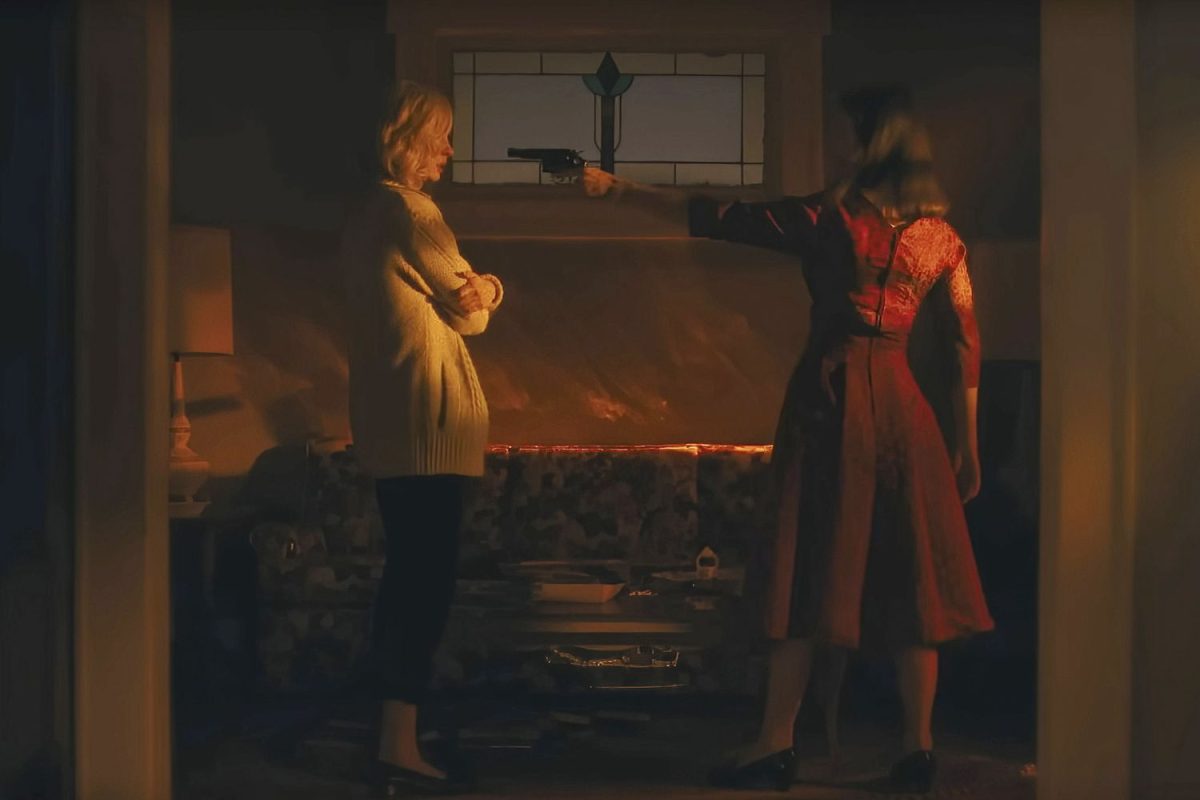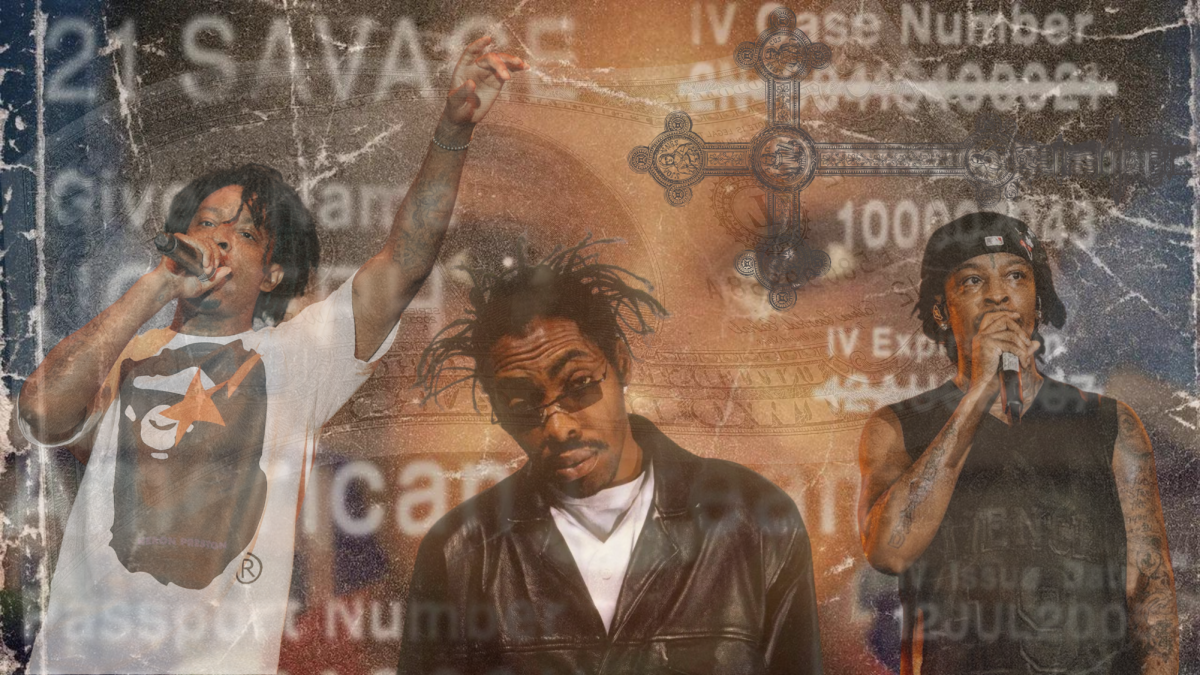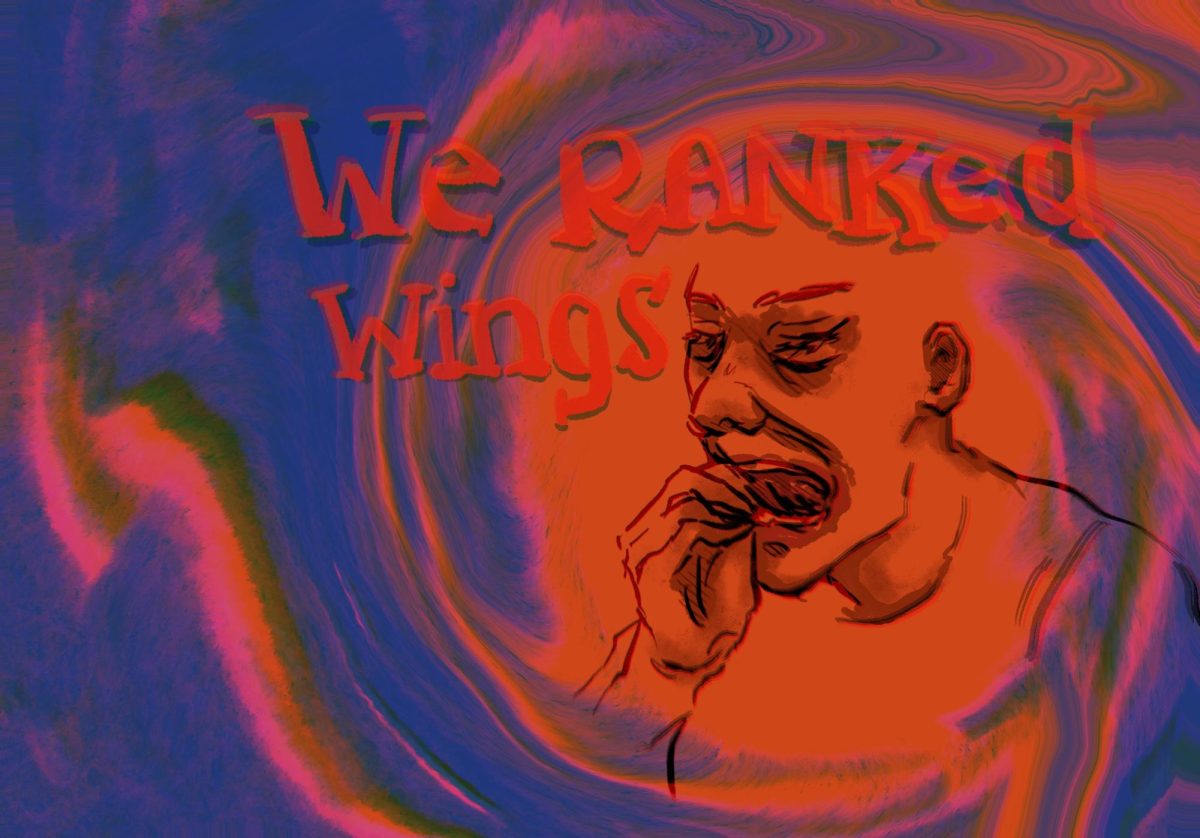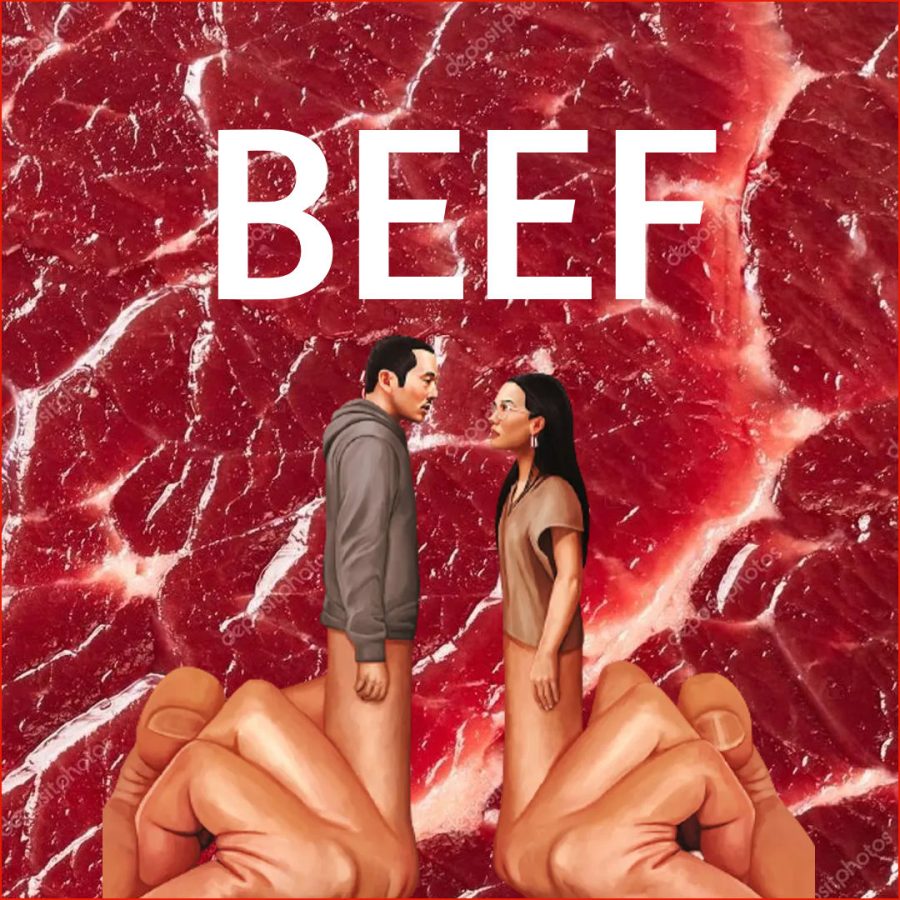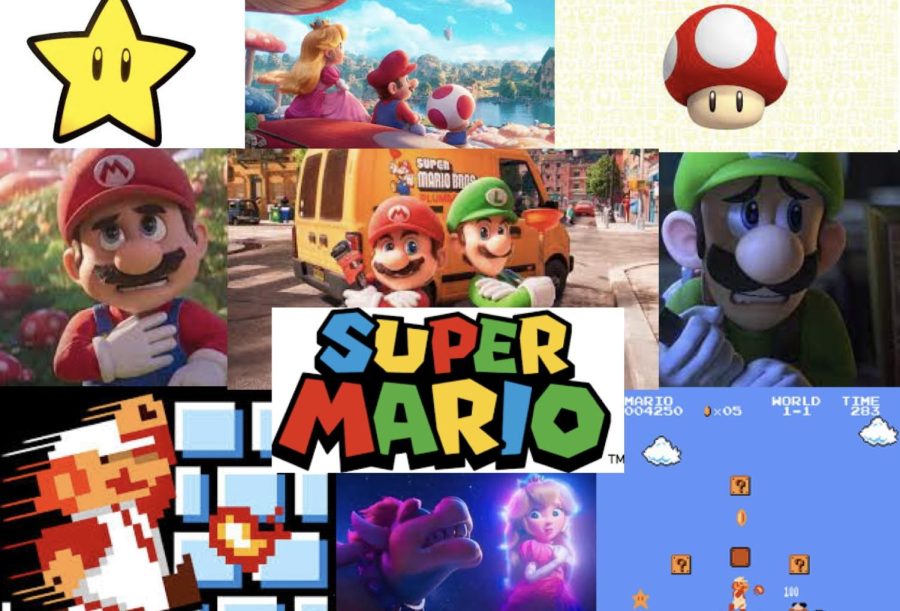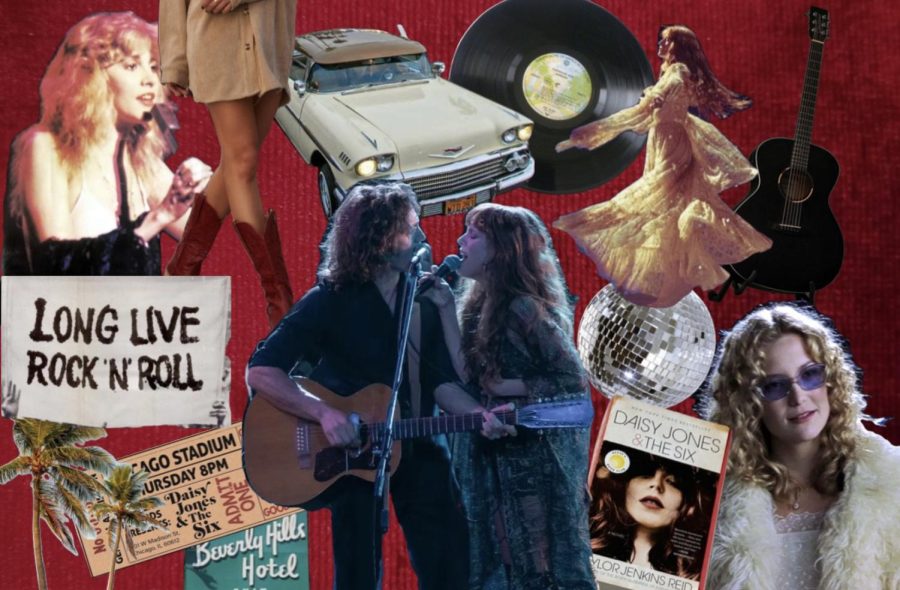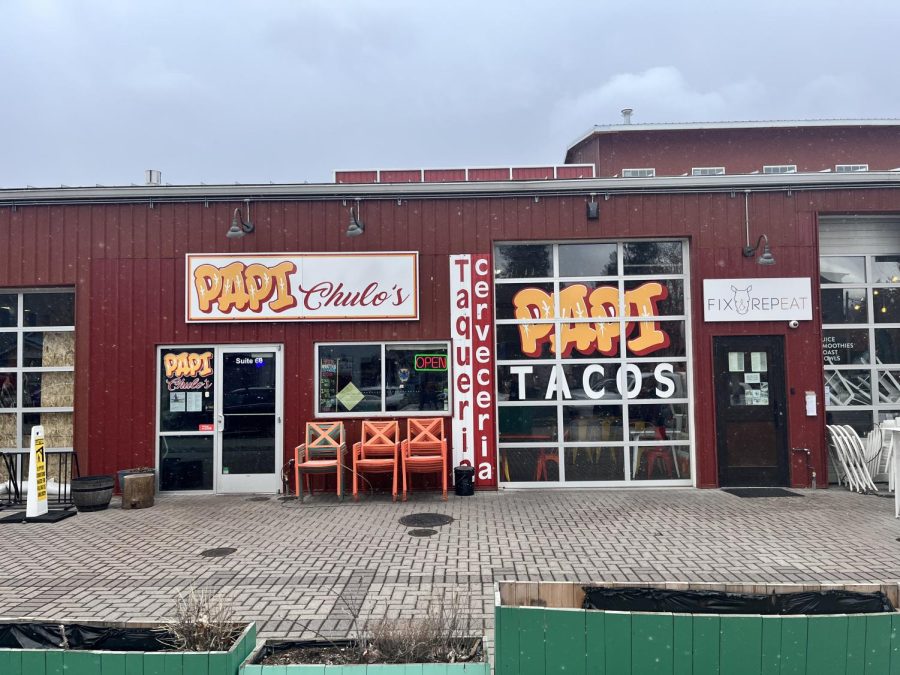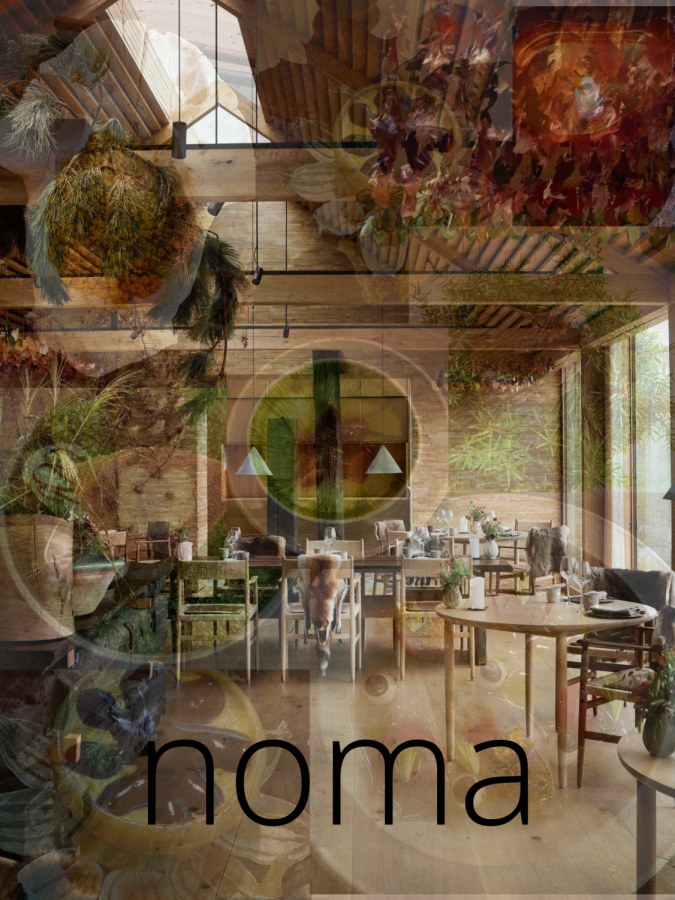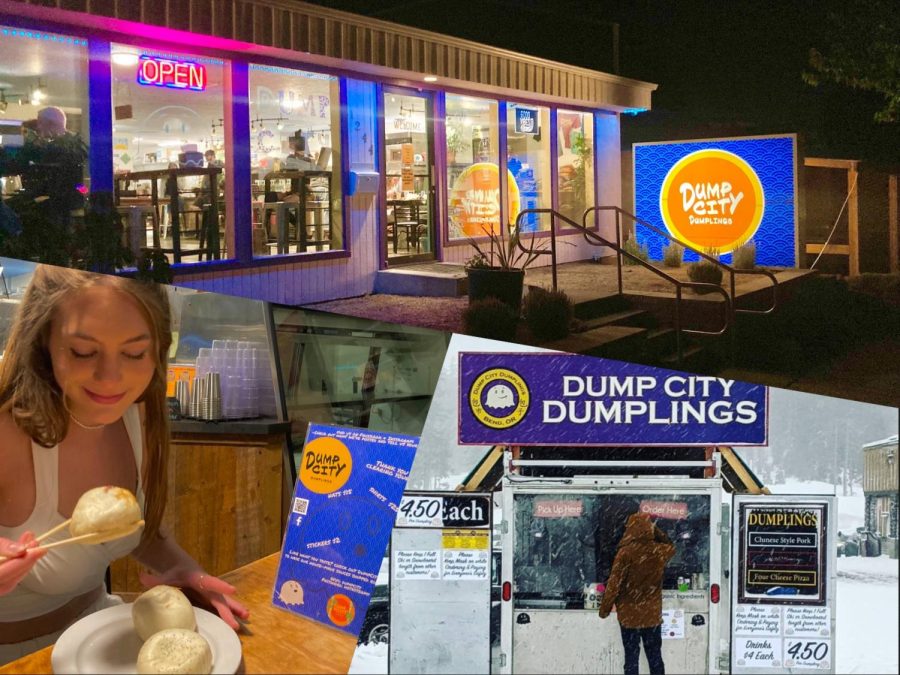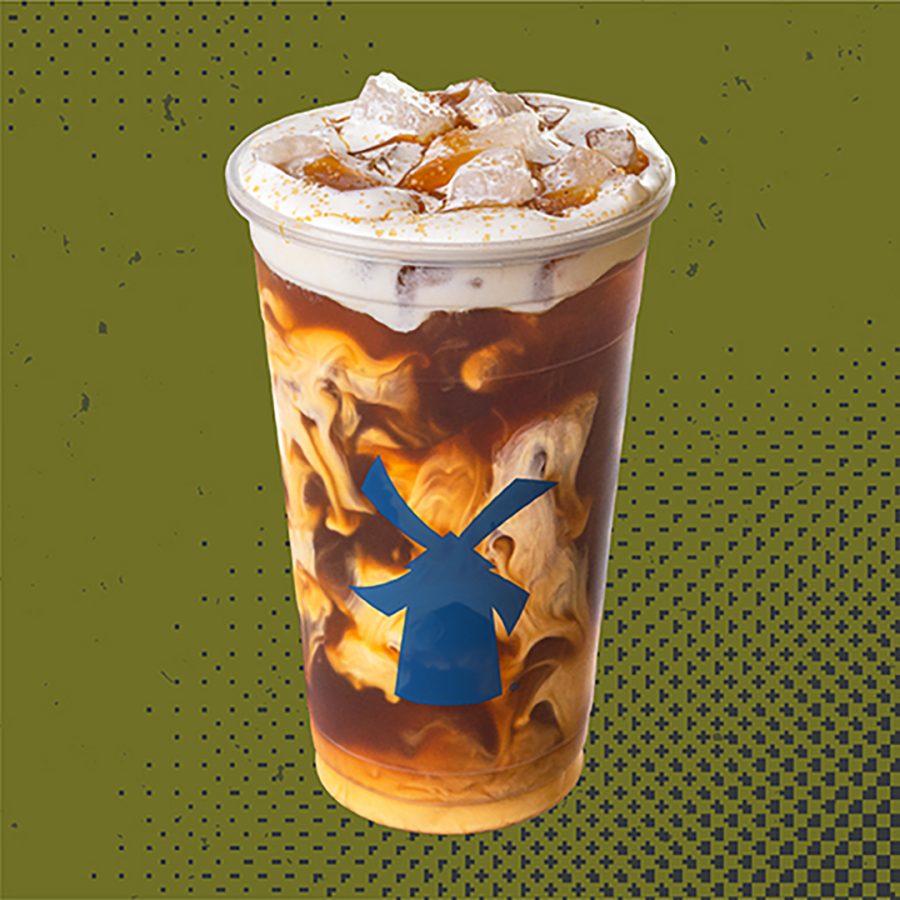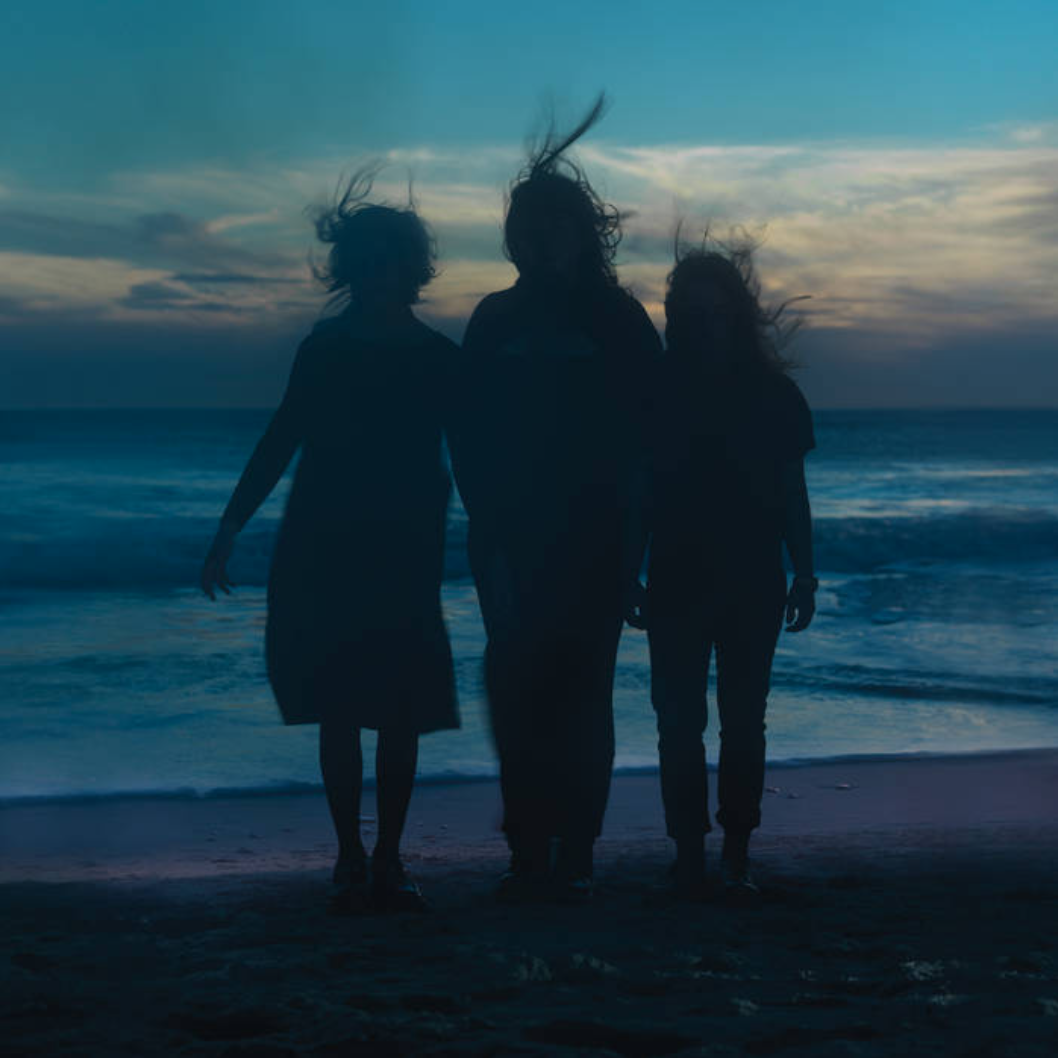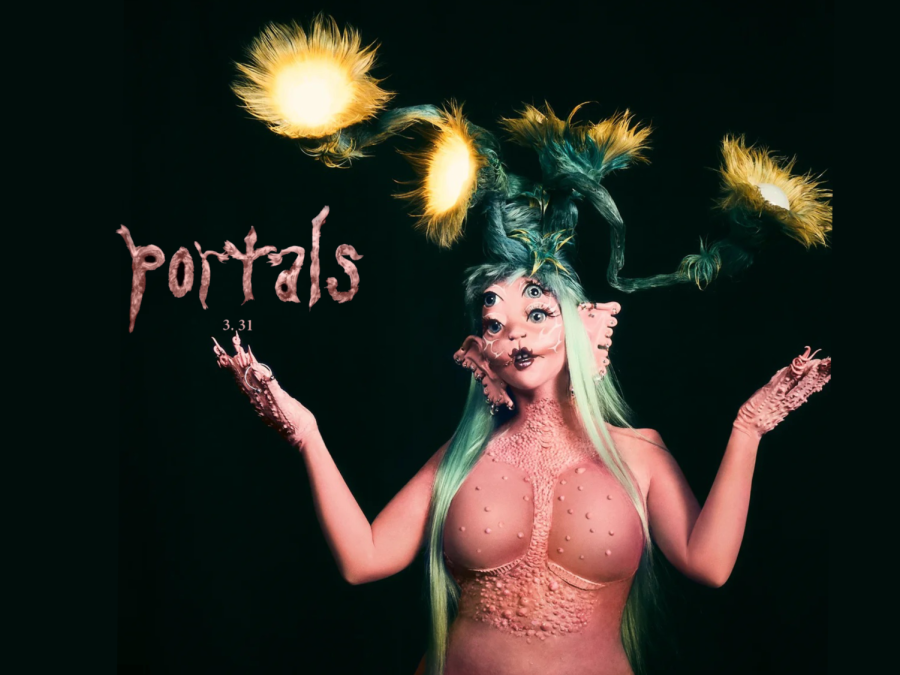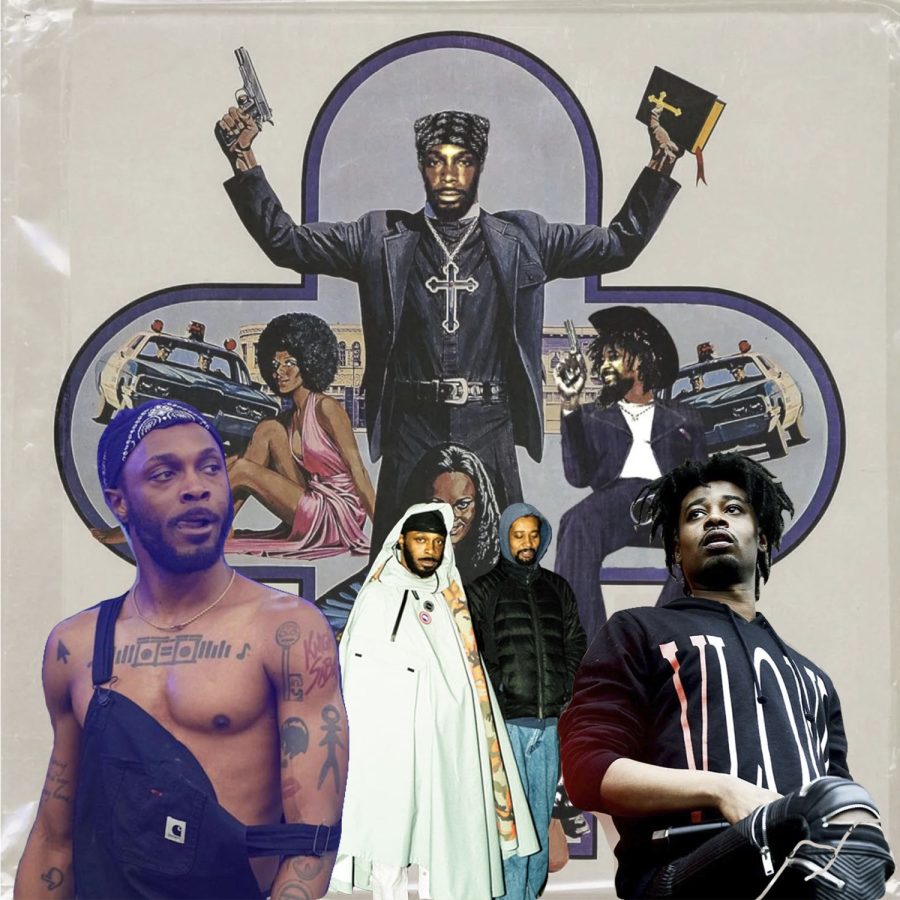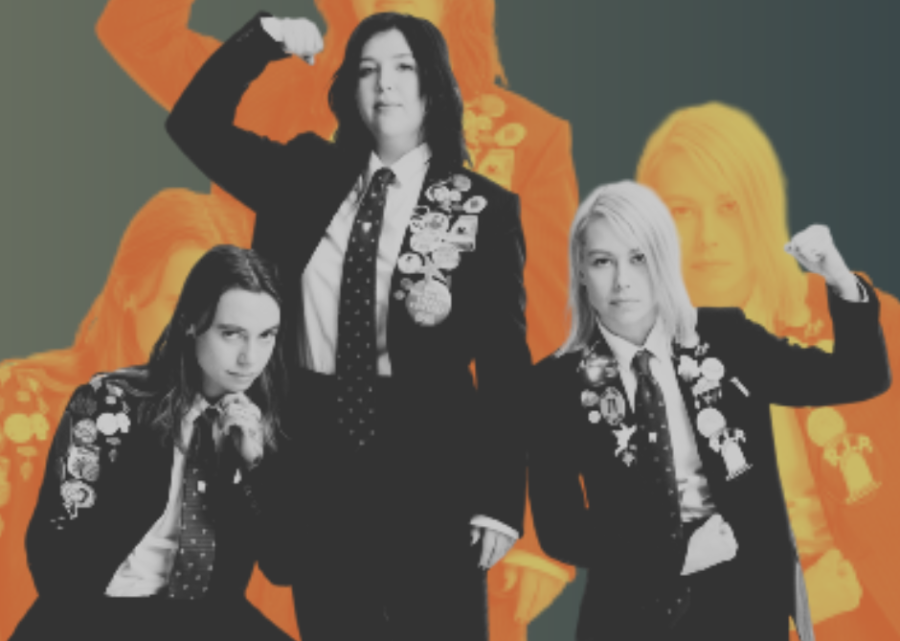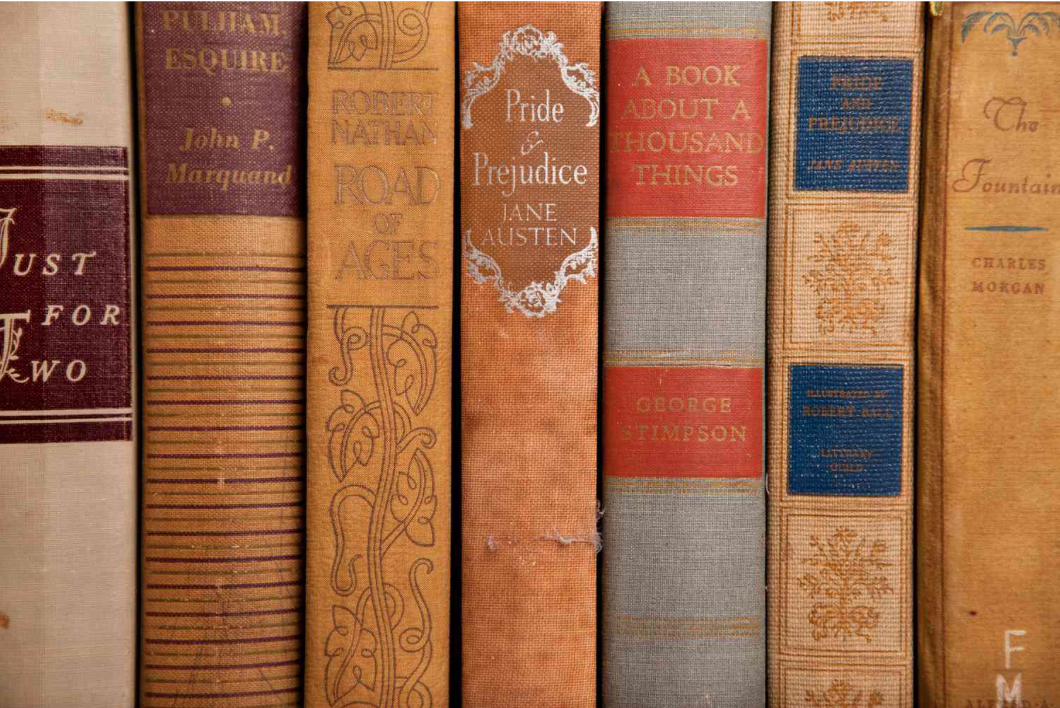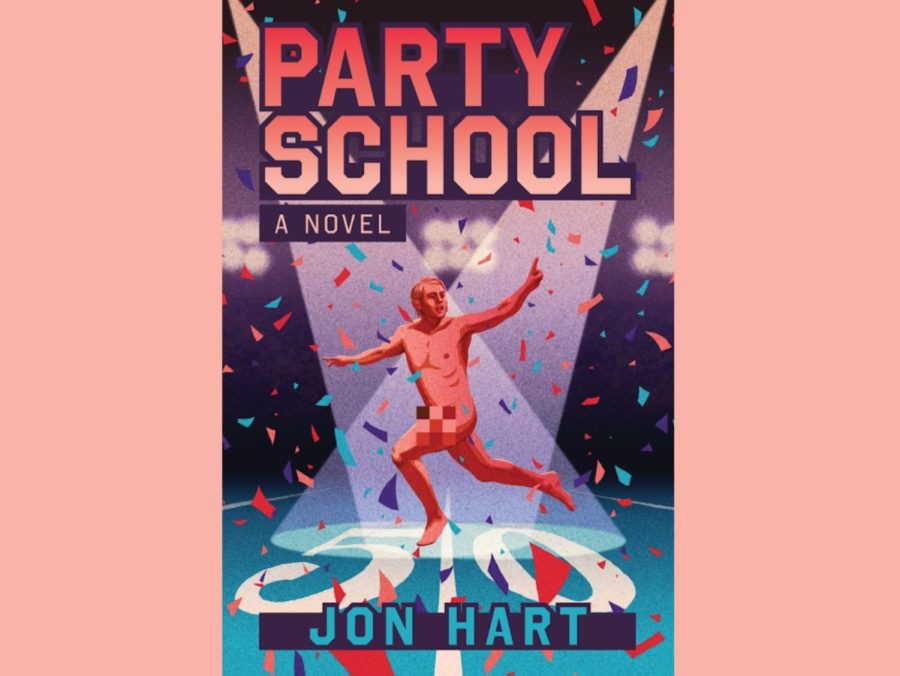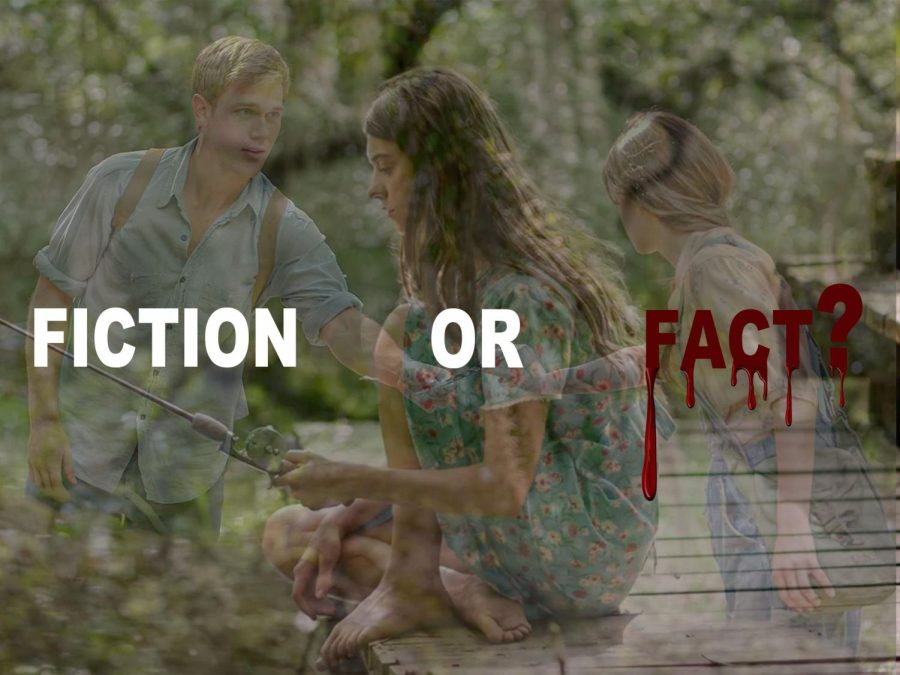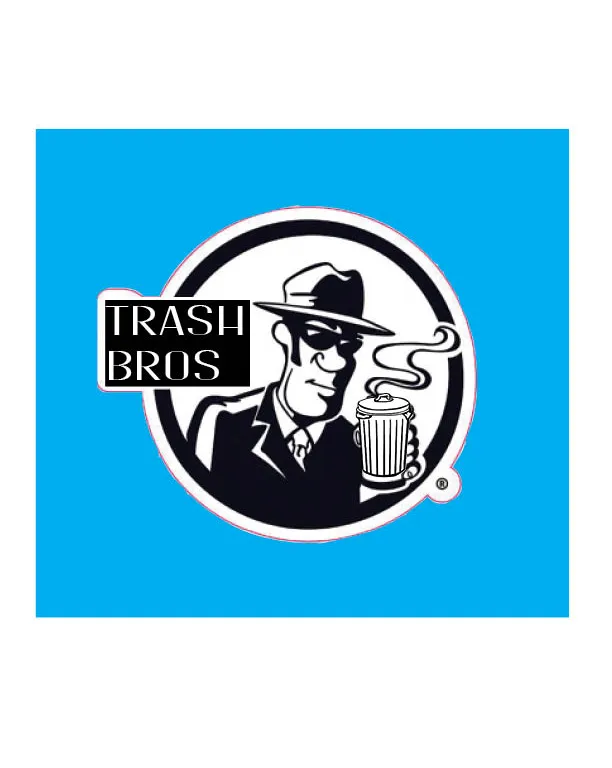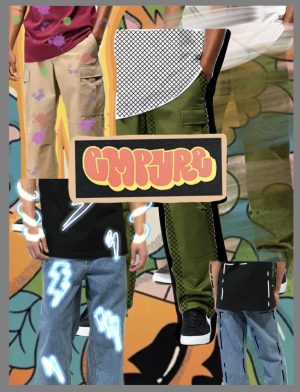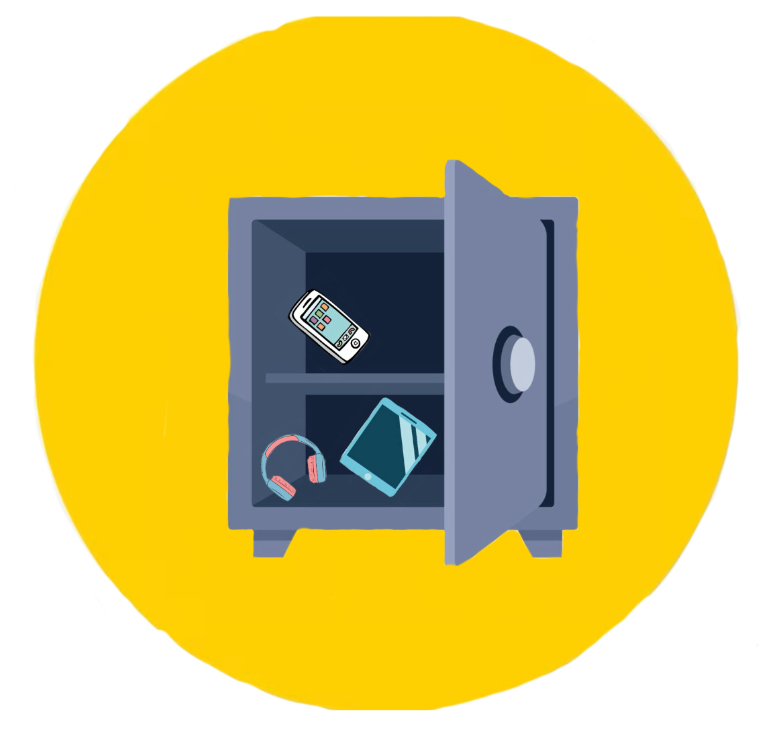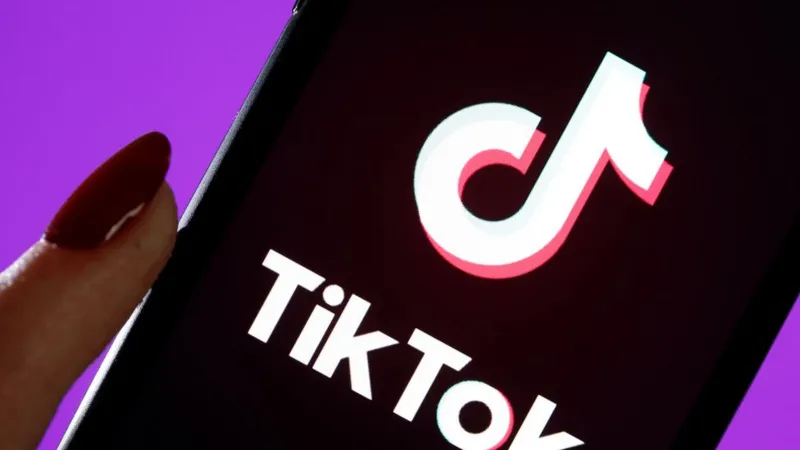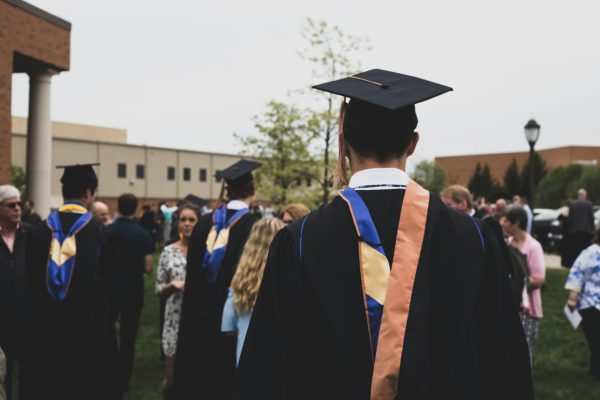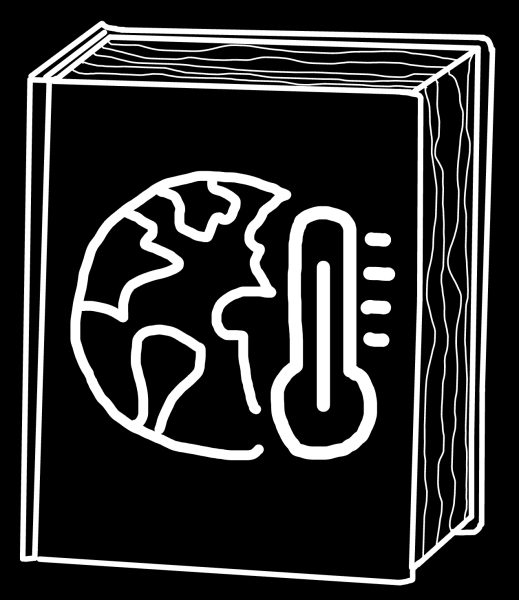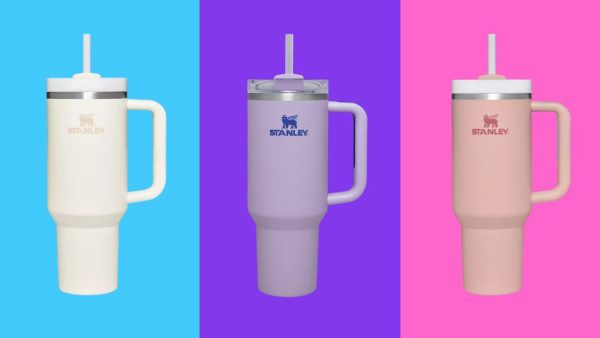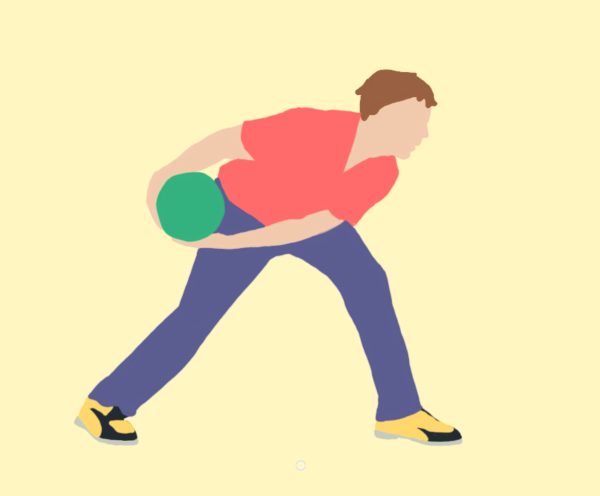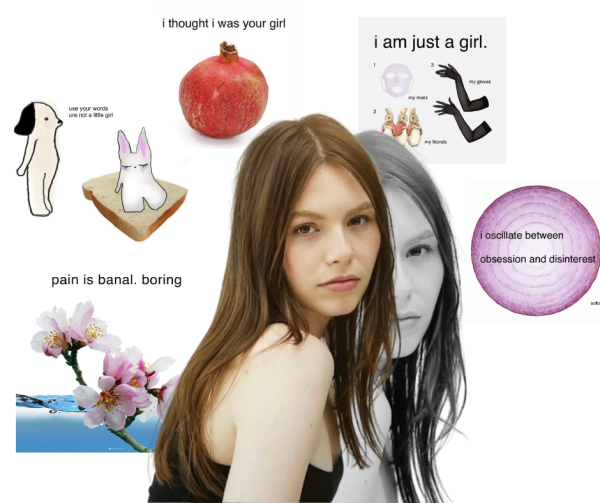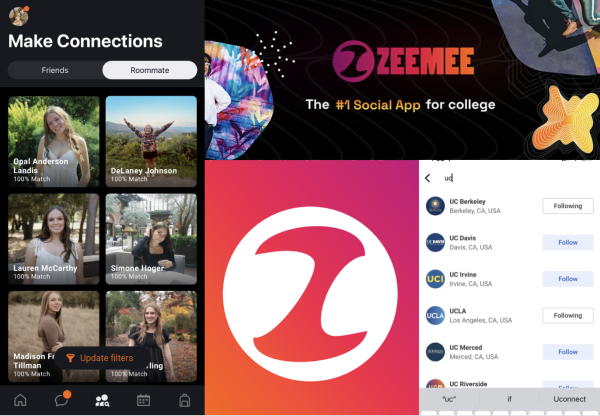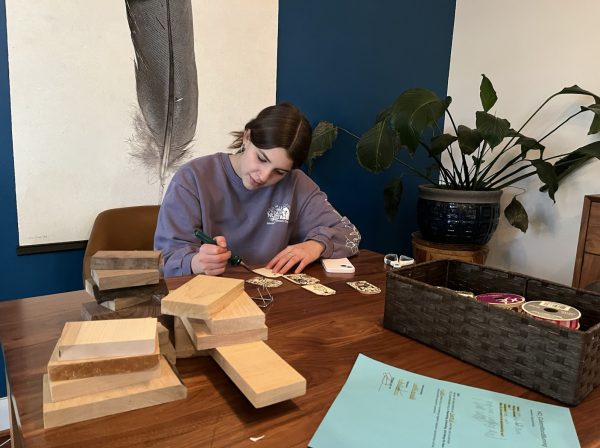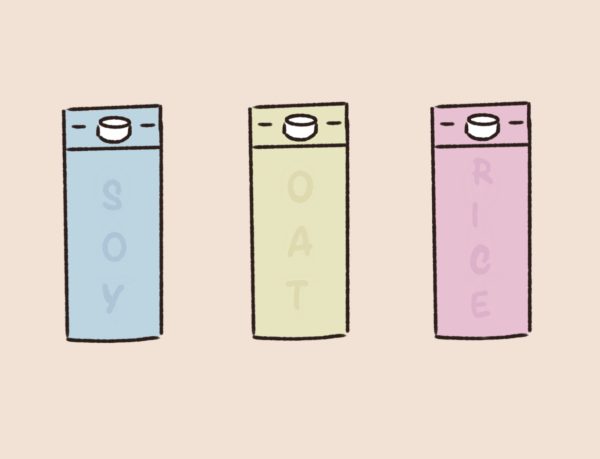Trash Bros: Dutch Bros’ Waste Problem
January 24, 2020
Upon returning to school from lunch, Storm students can expect to be greeted by an abundance of things: the smell of car exhaust, half drank Dutch Bros drinks and grease-stained Mcdonalds bags hanging out of overflowing green trash bins. For many, this is the norm and the amount of waste and pollution being created stays under student’s noses.
It’s not news that global climate is worsening, temperatures are rising and the amount of trash is slowly growing. A multitude of factors contribute to this global crisis; one of them being the millions of fast-food drive-thrus throughout the United States. The pollution and waste that some of these chains produce are often overlooked.
Drive-thrus largely contribute to the concerning amount of waste that modern society produces. In a week, one singular drive-thru will release two bathtubs full of CO2 gas into the atmosphere and cough up an unimaginable amount of waste. Dutch Bros, for example, goes through about 1.1 million plastic cups, lids and straws a year. This number means that, on average, each location goes through 45,000 cups a year.
This insurmountable amount of waste can be partly credited to the teenage populus. When storm students were asked how many times a month they go to Dutch Bros the responses varied from 2-3 times a month to 2-3 a week. However, students are starting to find more eco friendly solutions while still enjoying many of the chains.
One of these solutions is the implementation of reusable cups and straws, “I use a metal straw,” junior, Logan O’Neill says. He’s not alone either, the use of reusable cups and straws is growing as more awareness is being brought to the topic.
“I have a reusable hydro flask that’s the same size as a medium so I always use that,” said senior Mia Hladysh. “I think that everything, little by little, is super important, but at this stage there needs to be more drastic measures, faster.”
Cups aren’t the only problem though, as some students are looking for other solutions to limit waste.
“Say you’re getting a burger, you don’t need a whole bag for a burger if it’s already wrapped in paper” Sophomore, Camden Namanni said. “Just have the least waste possible.”
However, students aren’t the only ones trying to find their way around waste, as employees also contribute to the waste and pollution these establishments can cause.
“Everytime a straw gets dropped we obviously have to throw it away which is a big waste,” Dutch worker, Carli Wiseman said. “I started using reusable cups and straw just to at least help make a difference. Because if you’re not gonna make a difference yourself, you’re not gonna make a difference at all.”
Some students may also be shocked to hear about the amount of Co2 that is going into the air from cars idling at drive-thrus.
“It’s just not good for the earth.” Namanni said. “It feels like that amount is going to be suffocating.”
The many teens going to Dutch bros and other drive-thrus multiple times a week add to the number of Co2 going into the atmosphere each year. McDonalds, the 3rd largest fast-food chain in America has over 14,146 locations in the United States alone. The number of Co2 released by these establishments has reached an outrageuos 5,131 million tons in the U.S alone. However, the good news is, this number seems to be going down.
The real concern for many people is that despite some progress, consumers can’t see a change in companies habits. “I feel like [companies] should at least try to make it recyclable,” O’Neill said.
On the other hand, companies are becoming increasingly aware of the state of the Earth and are putting measures in place to combat this.
“Corporate is trying to make a difference by bringing in non-plastic straws and cups; there’s definitely talk about it,” said Carli Wiseman.
This means that change is in the workings but effort has to increase to create a significant difference. Overall, students and other Dutch bros and fast food connoisseurs can expect to see change, whether this be in greener alternatives, less Co2 emissions or more alternatives to plastic products.
“The fact that they [Dutch Bros] know what they’re doing is sensible and other drive thrus can catch on to that and not do it for business but do it for the environment as well,” said O’Neill.
There’s no doubt that the use of greener alternatives and awareness of the global climate crisis is spreading like wildfire among younger people. Perhaps this passion will be enough to keep the fire going for future generations and help to reduce worldwide waste.


